
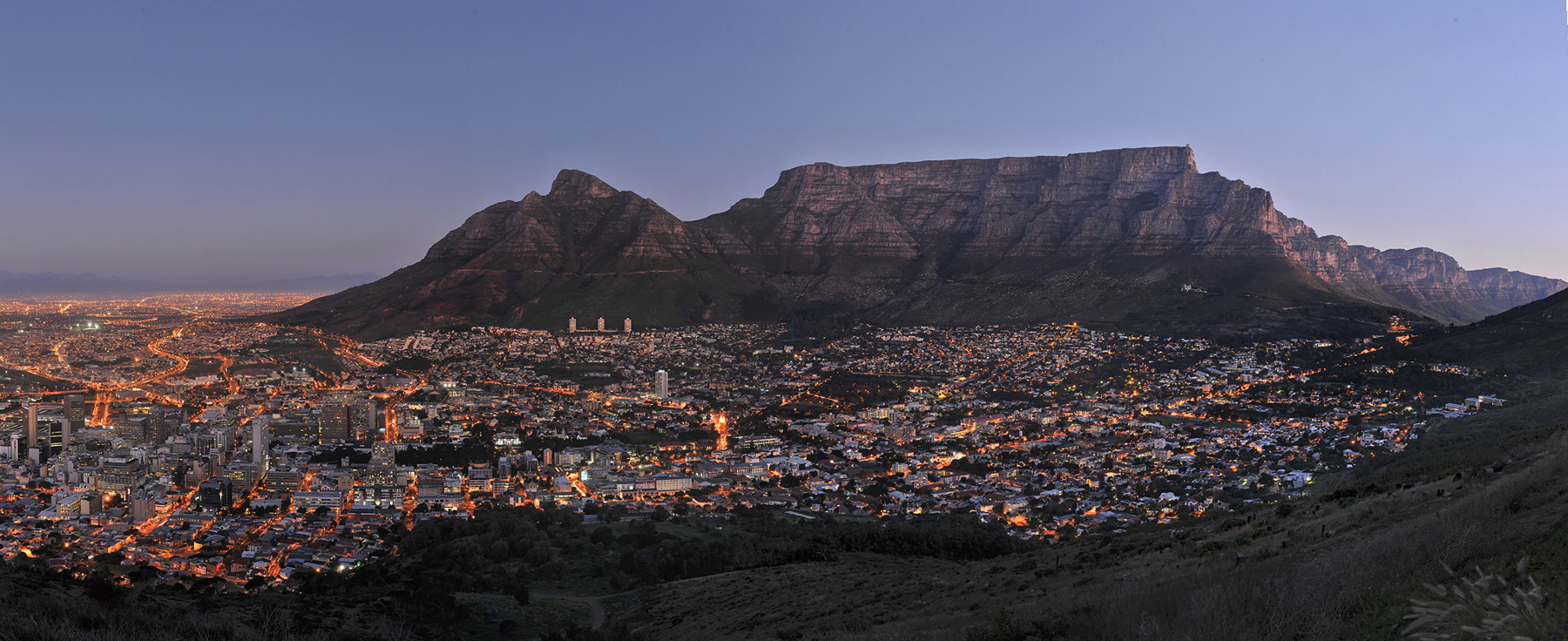
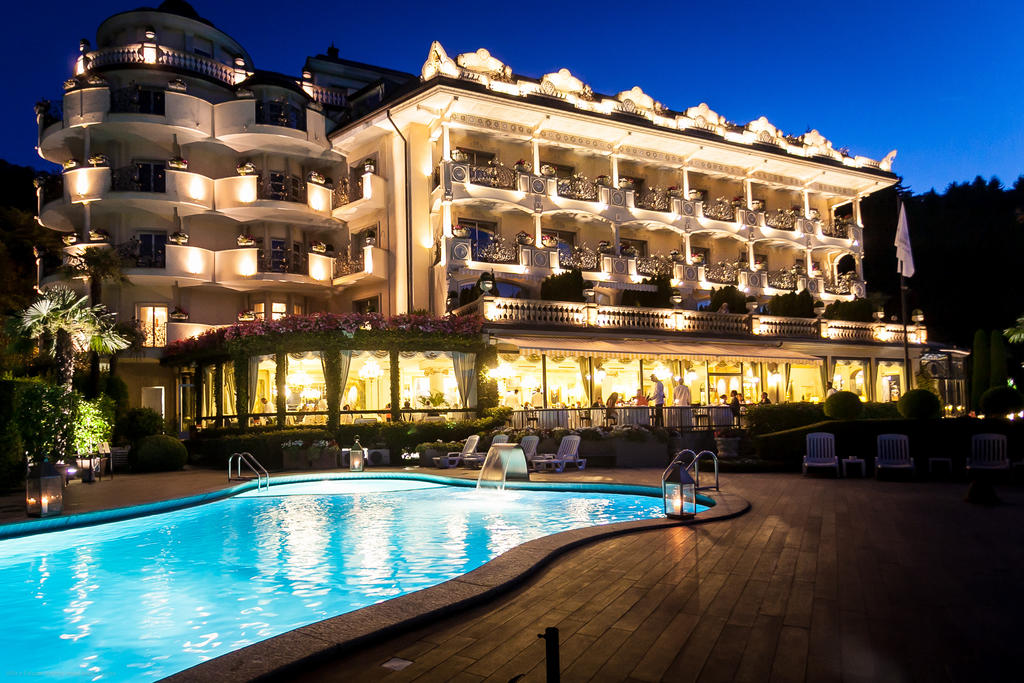
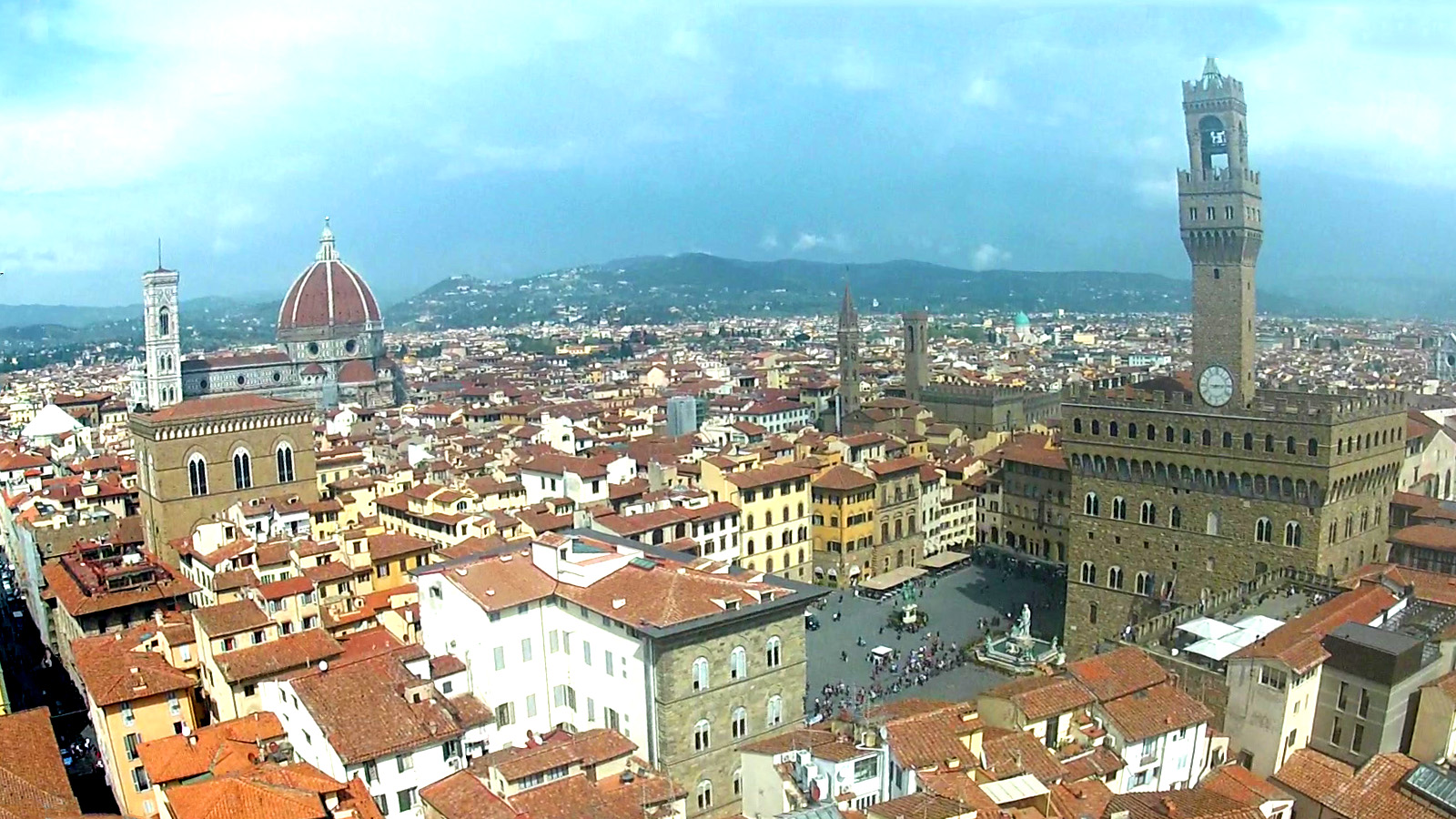

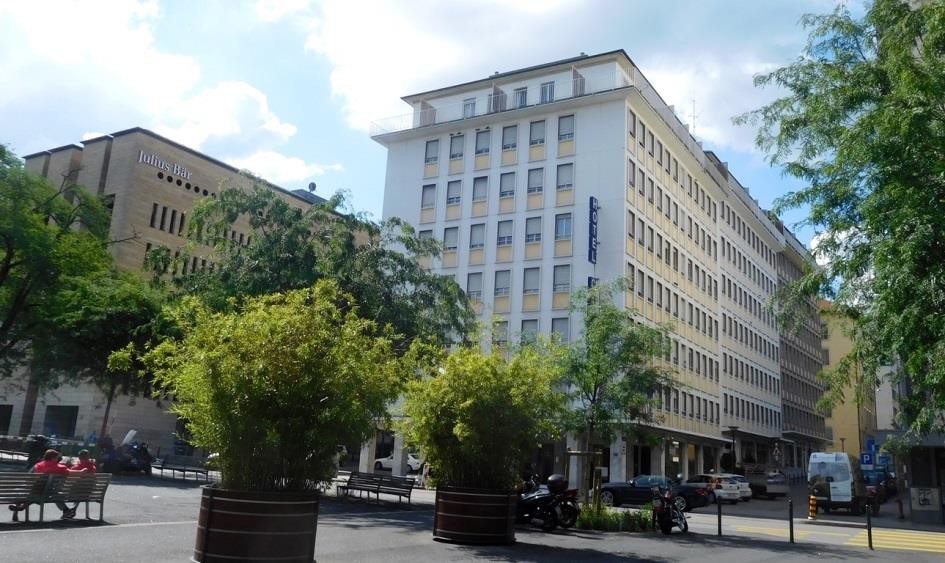
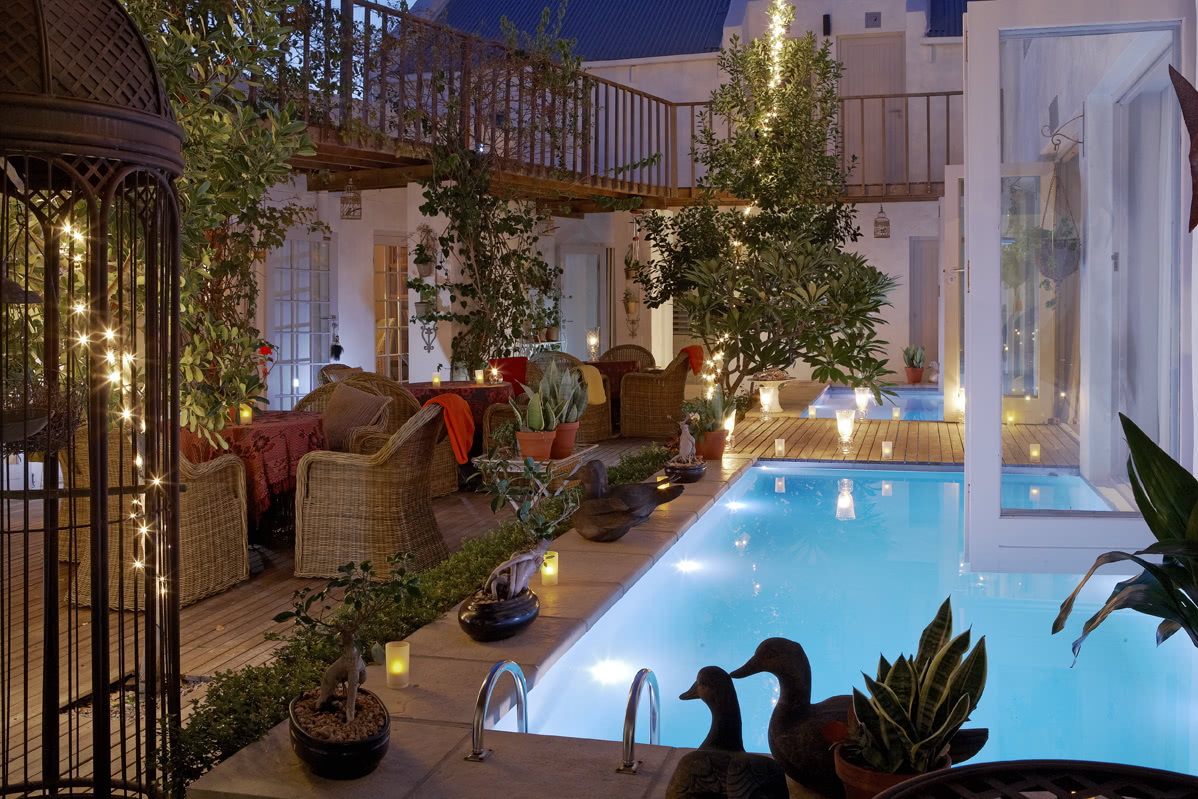
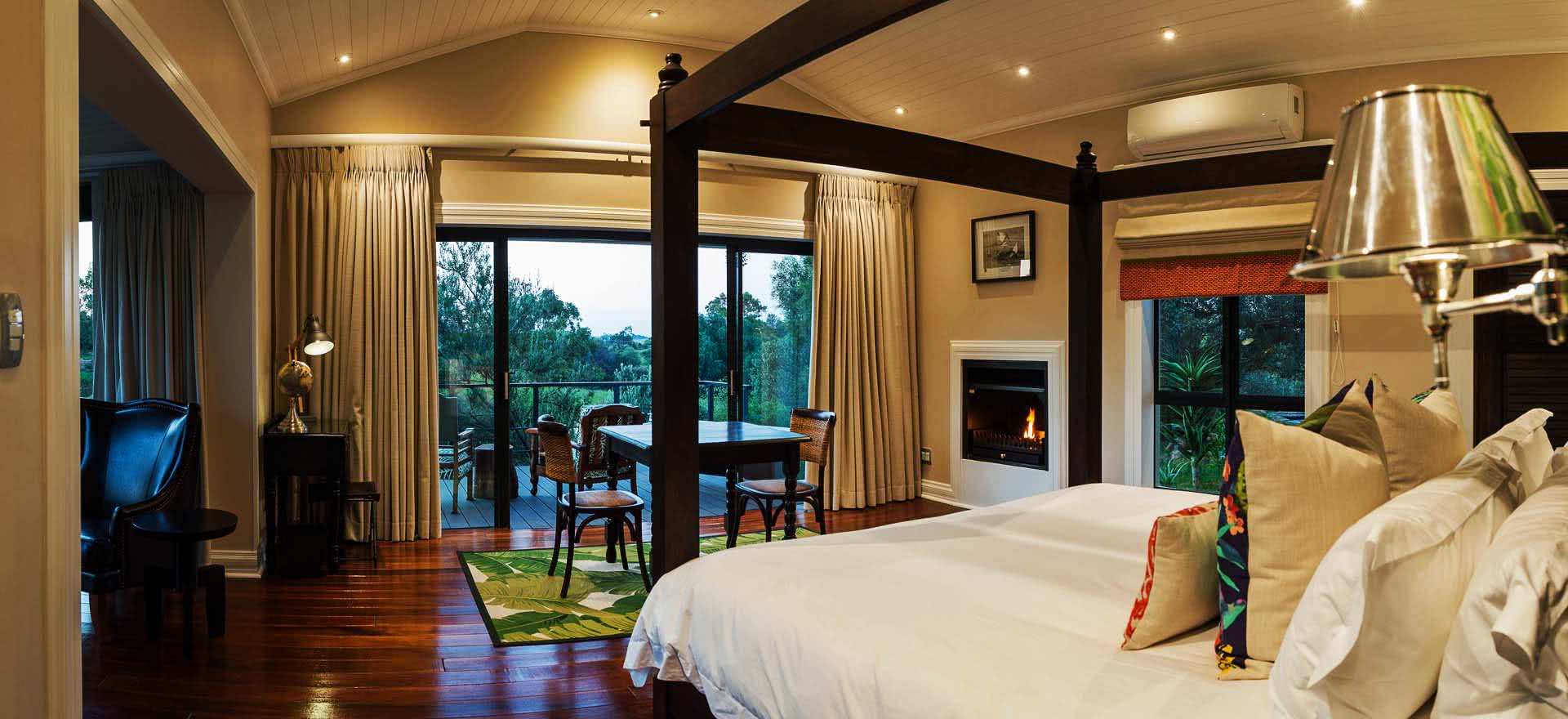
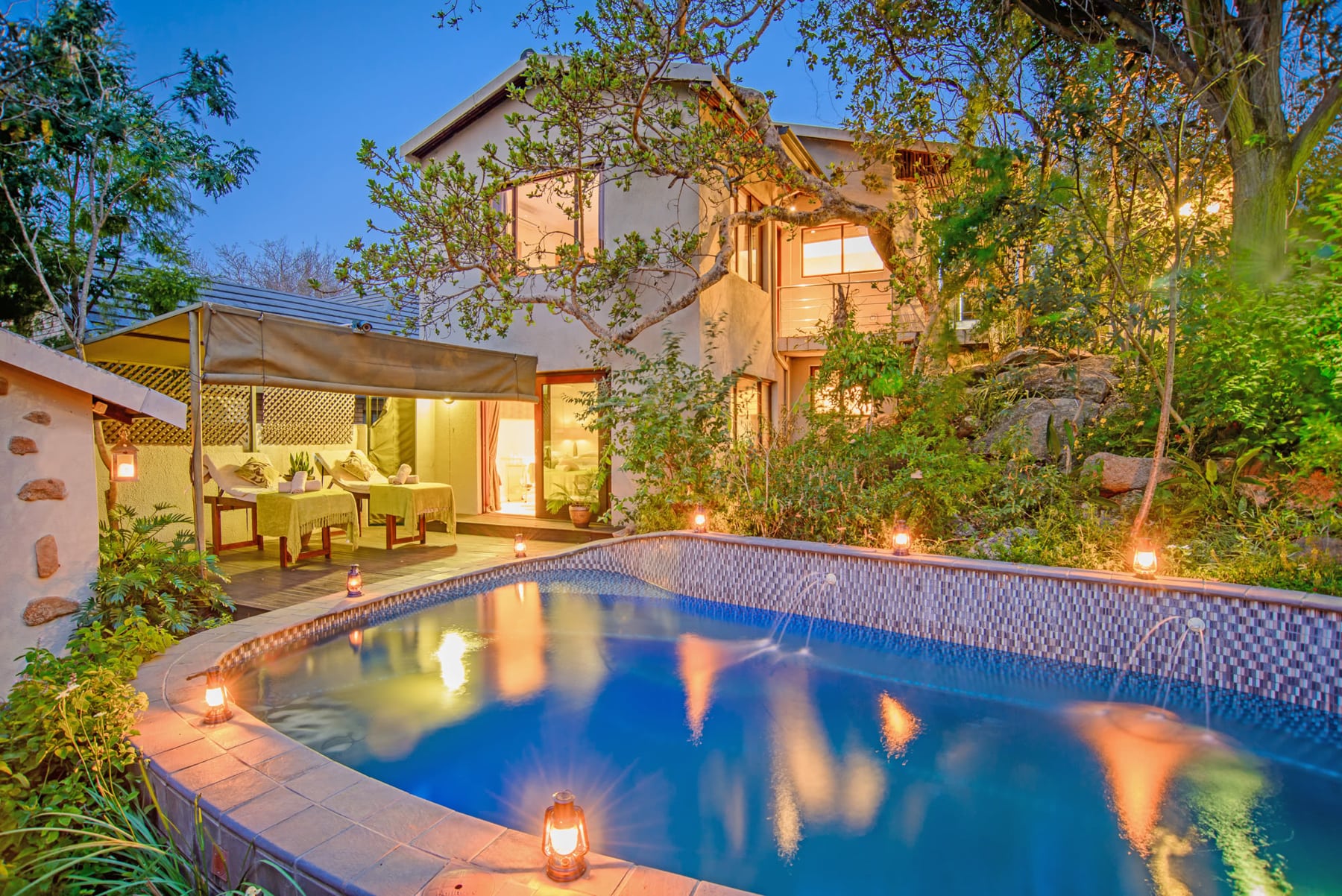

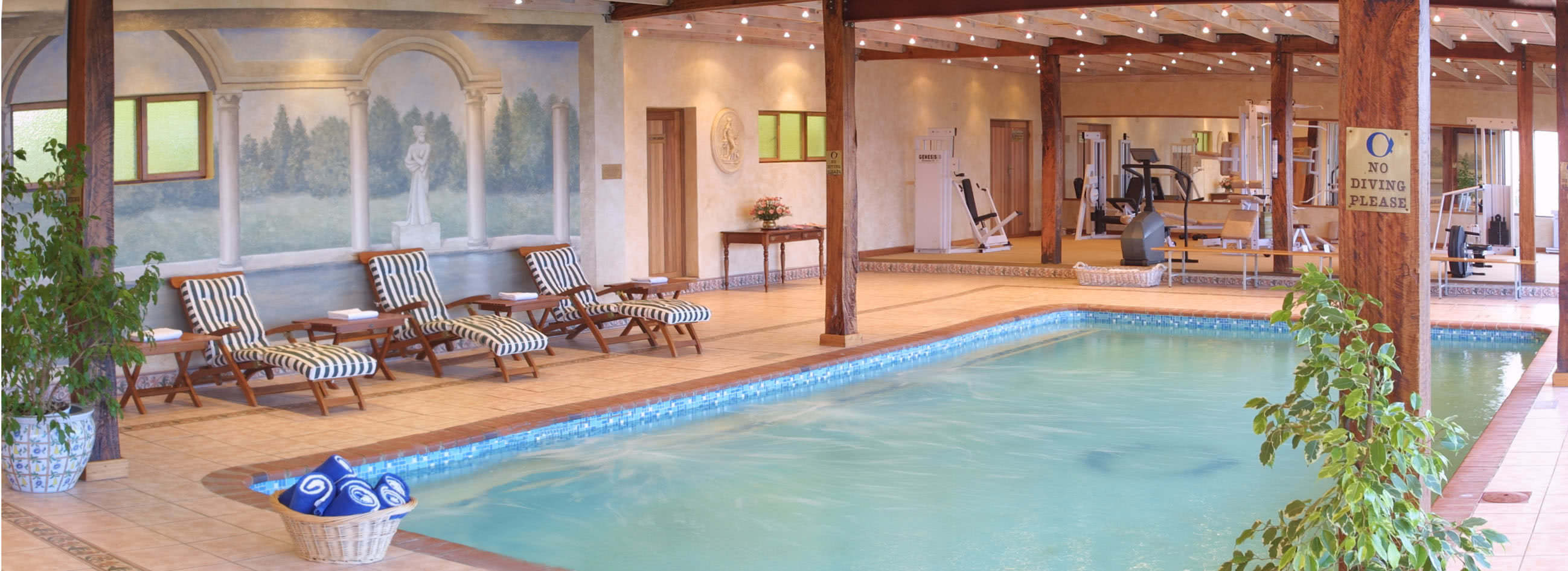
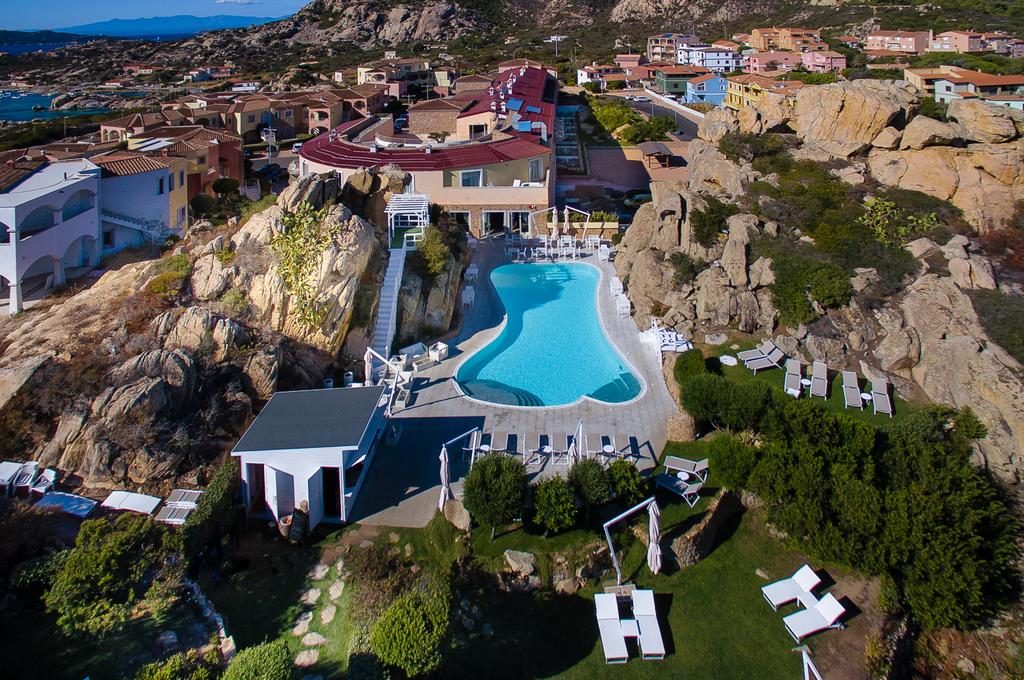
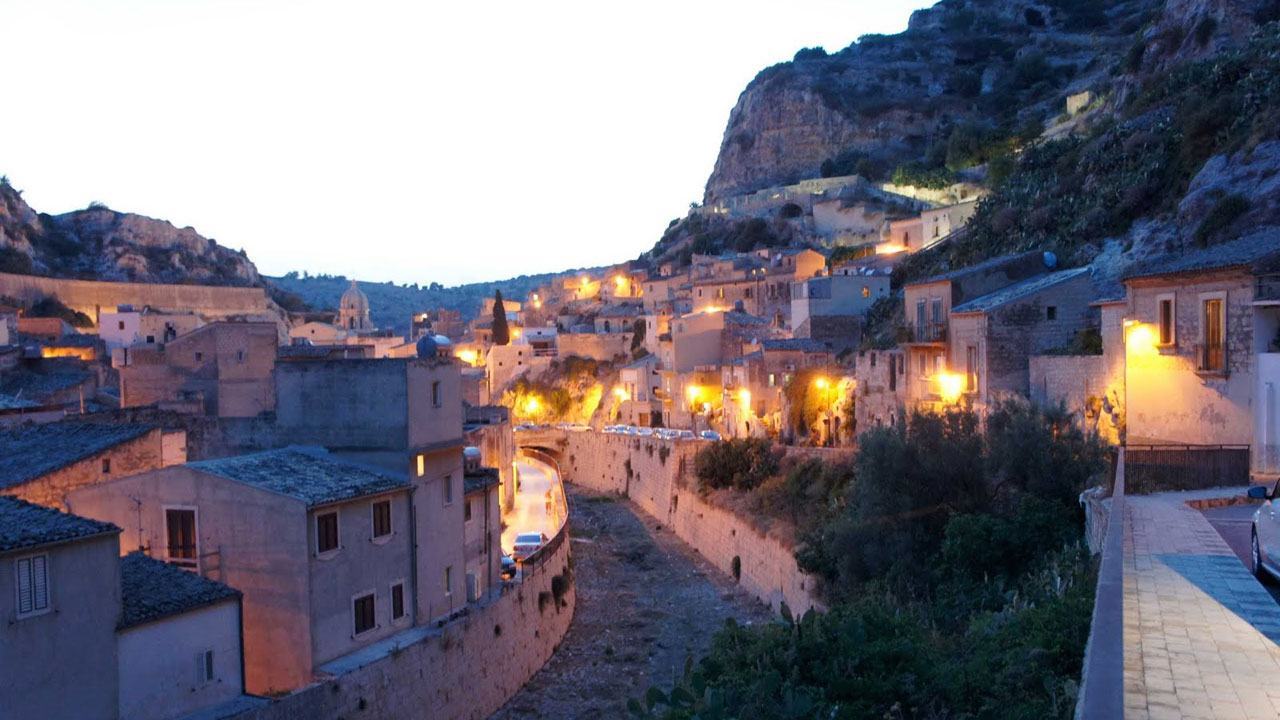
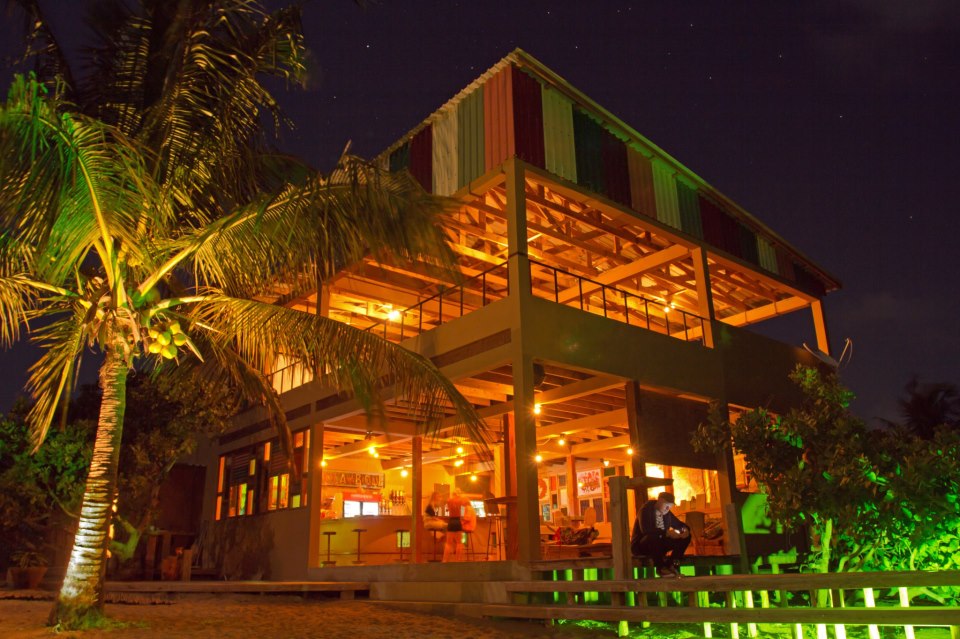
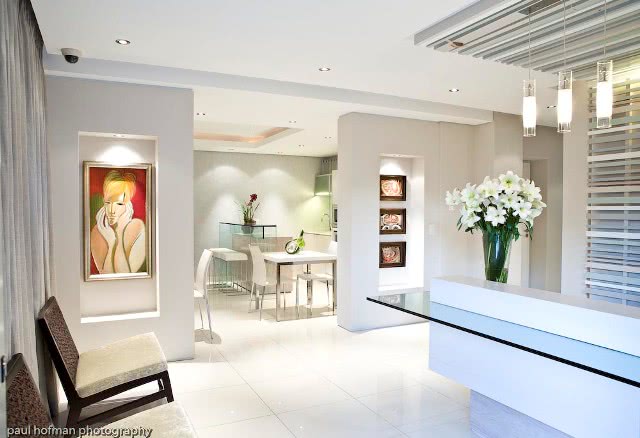
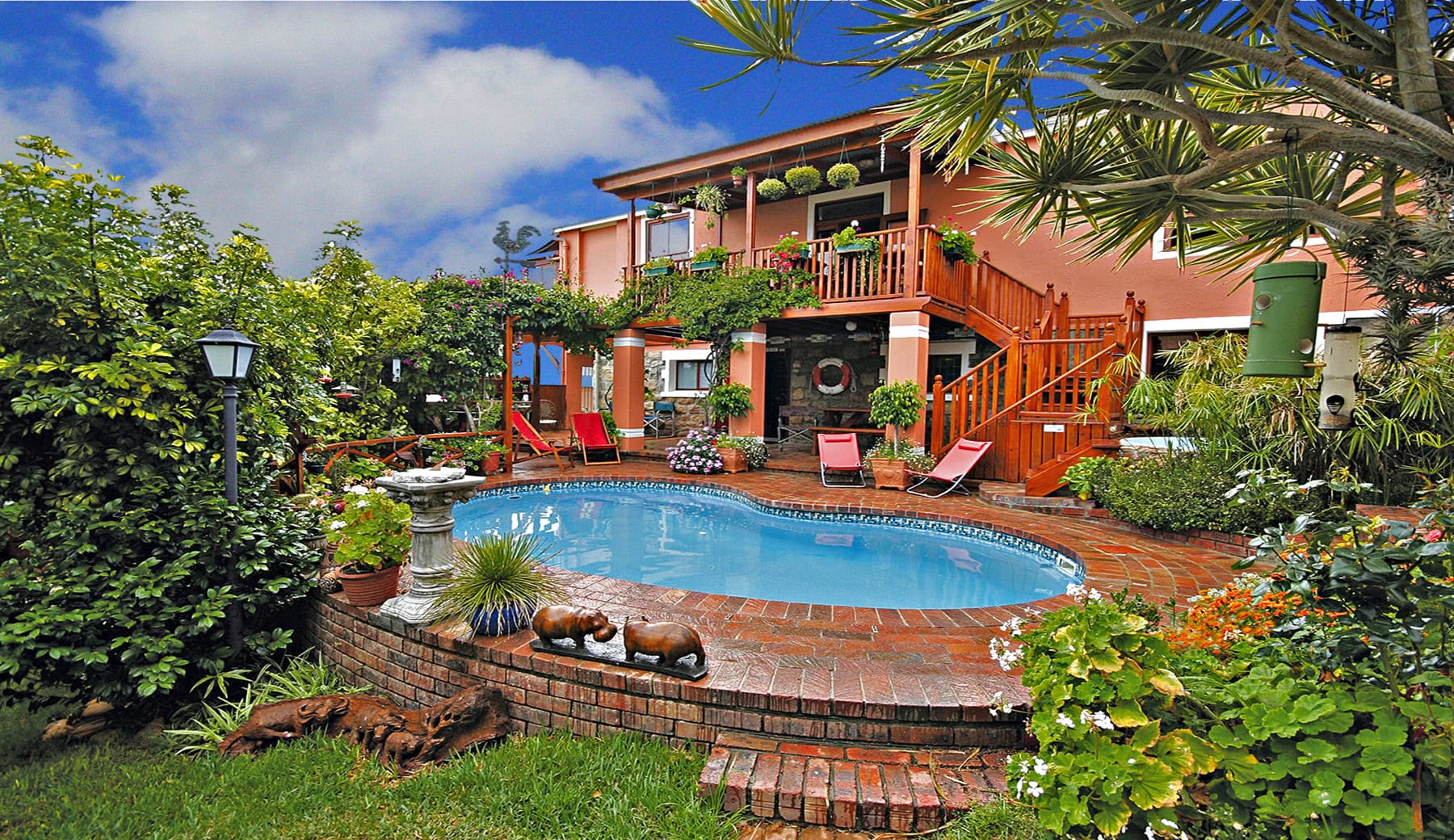
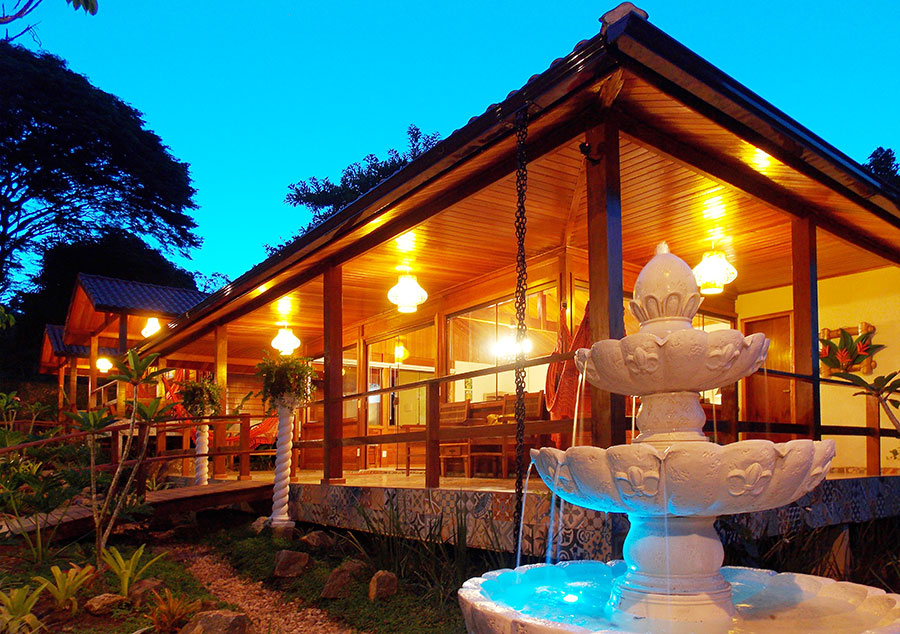
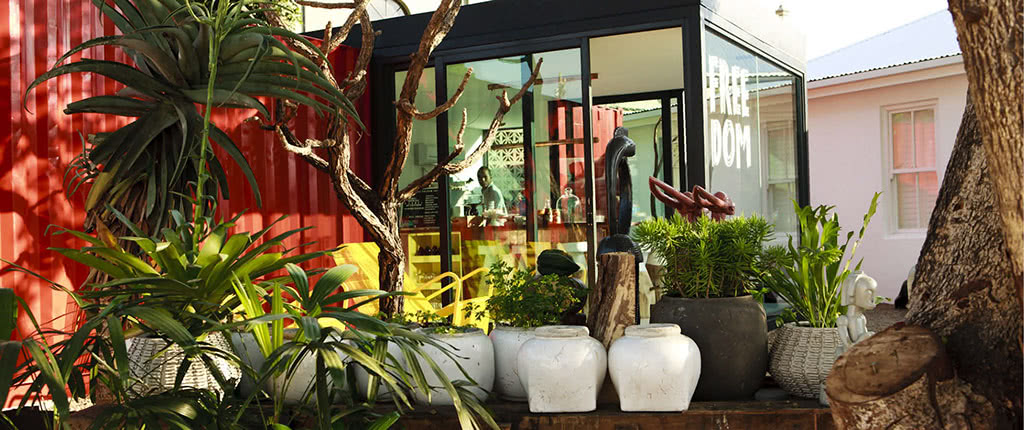
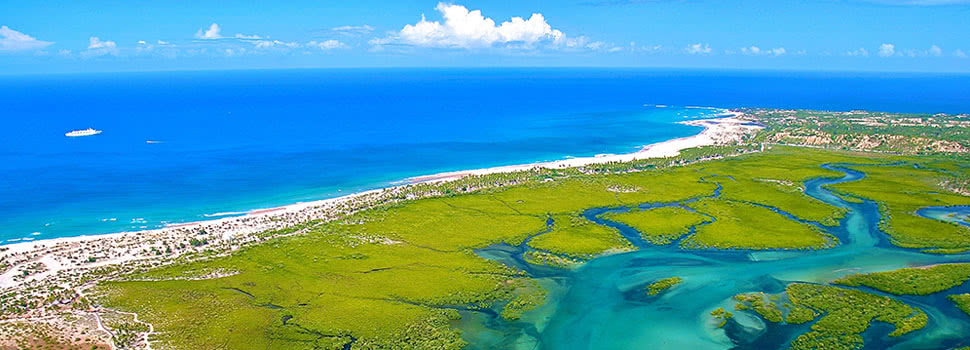
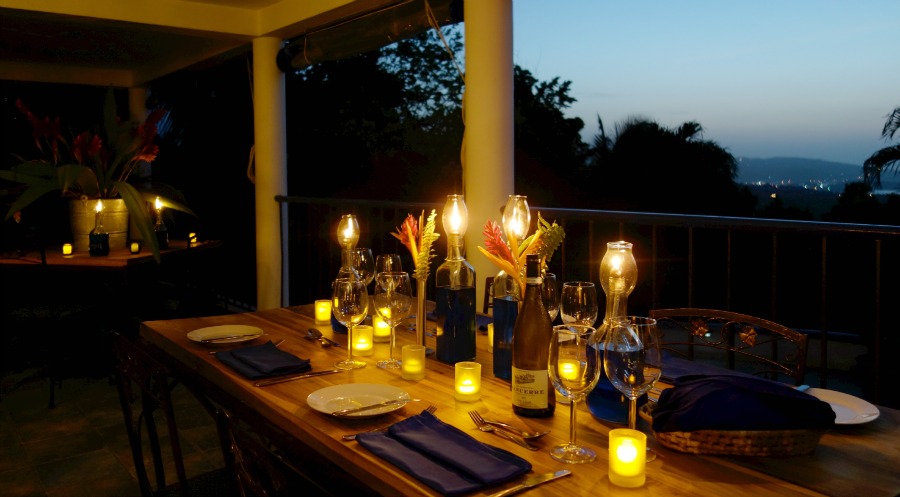
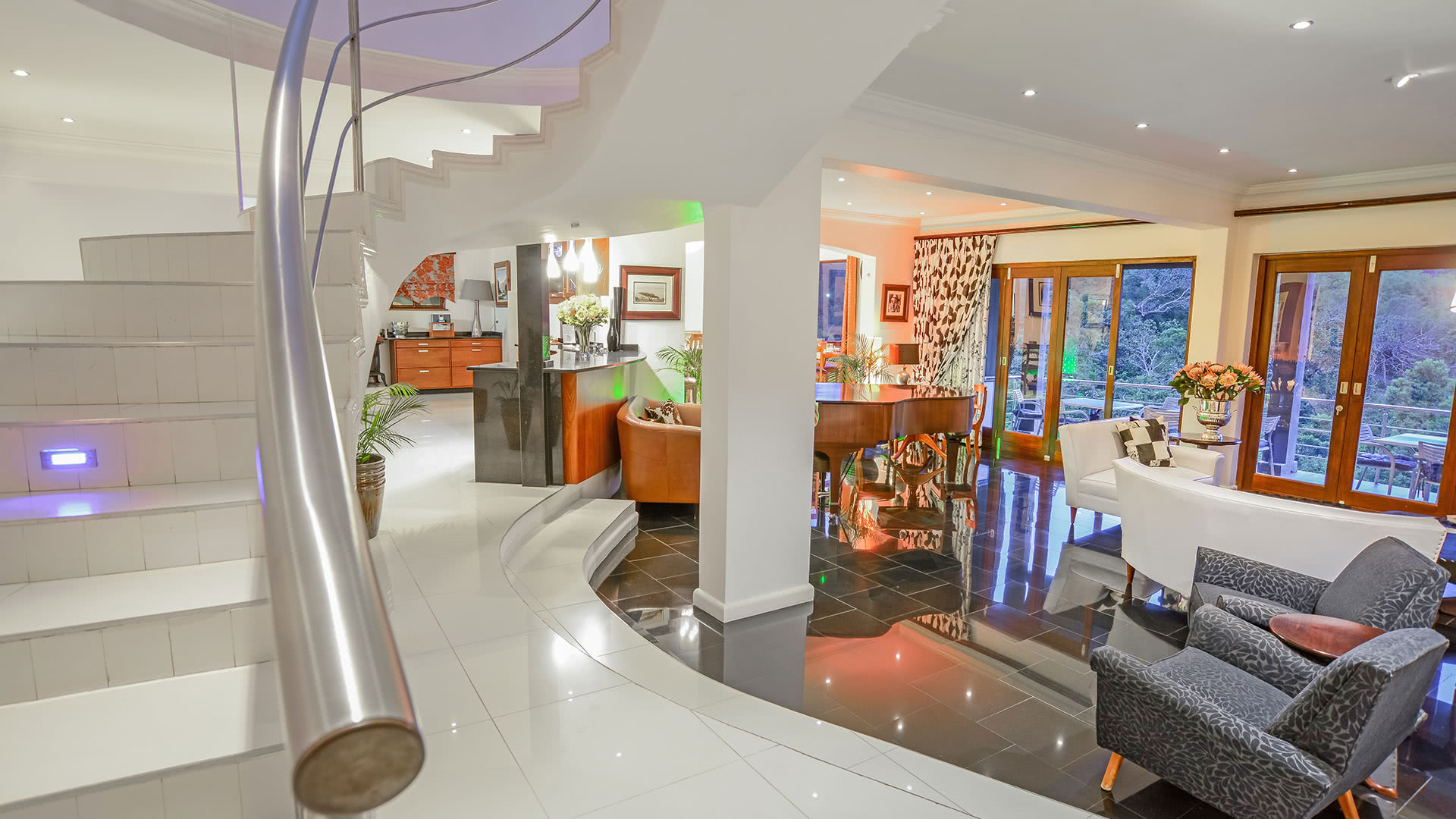
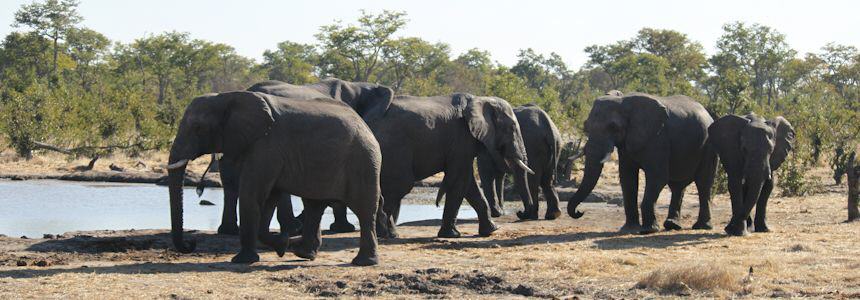
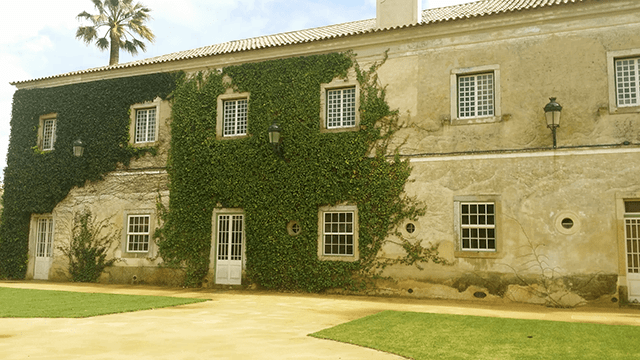
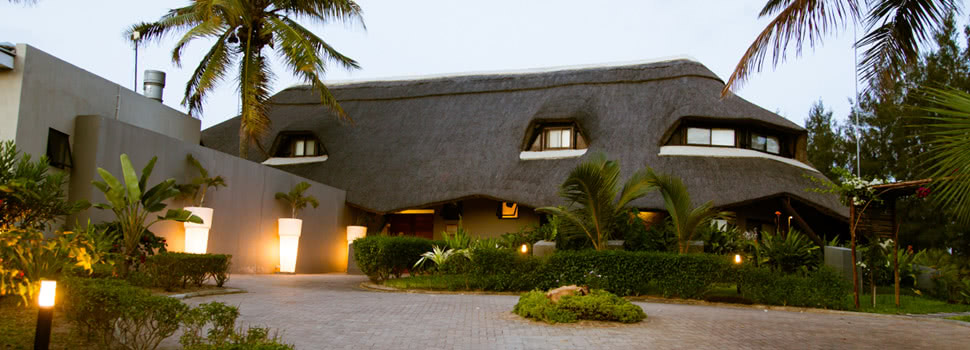
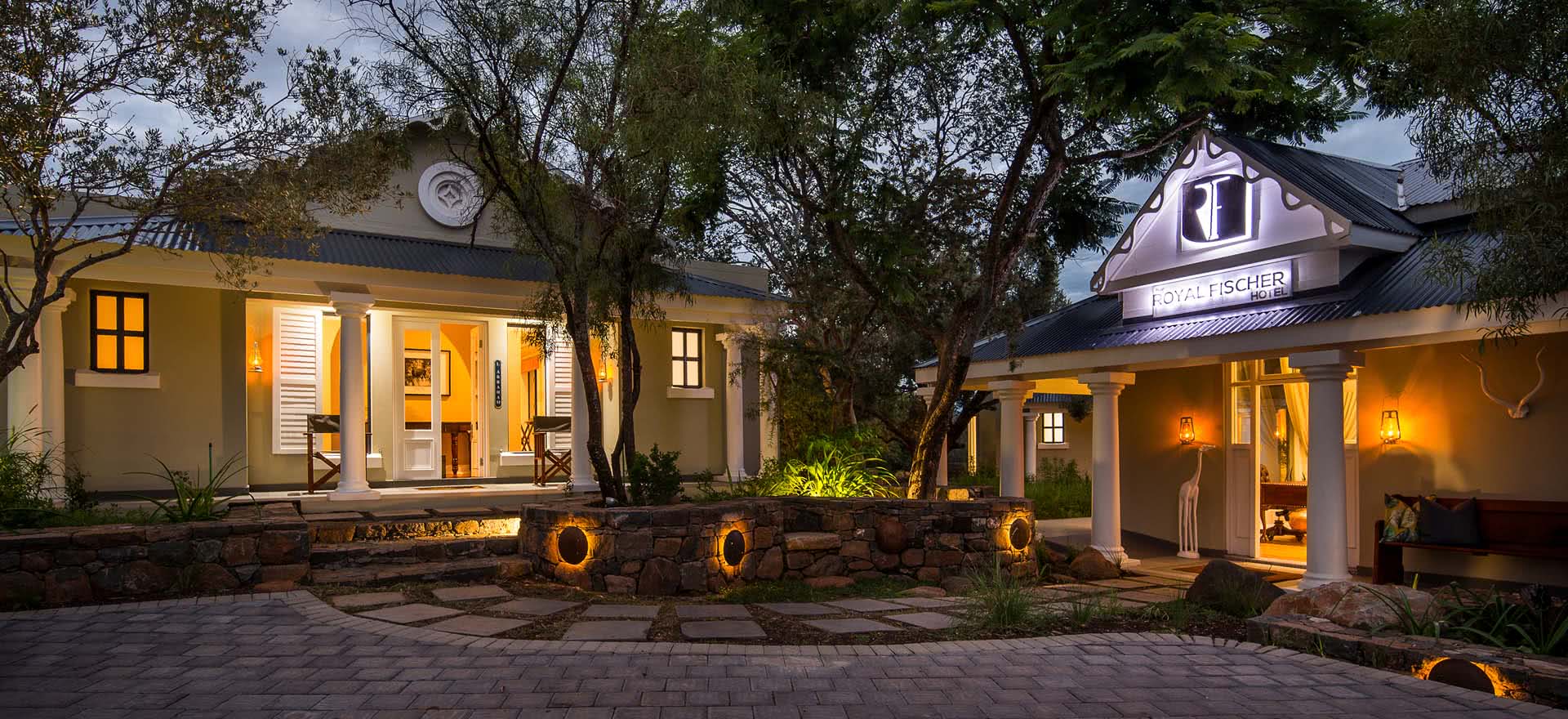
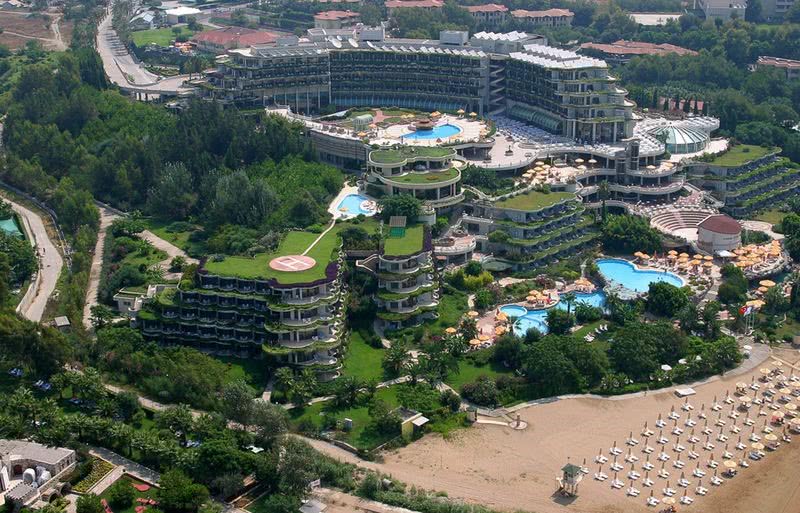
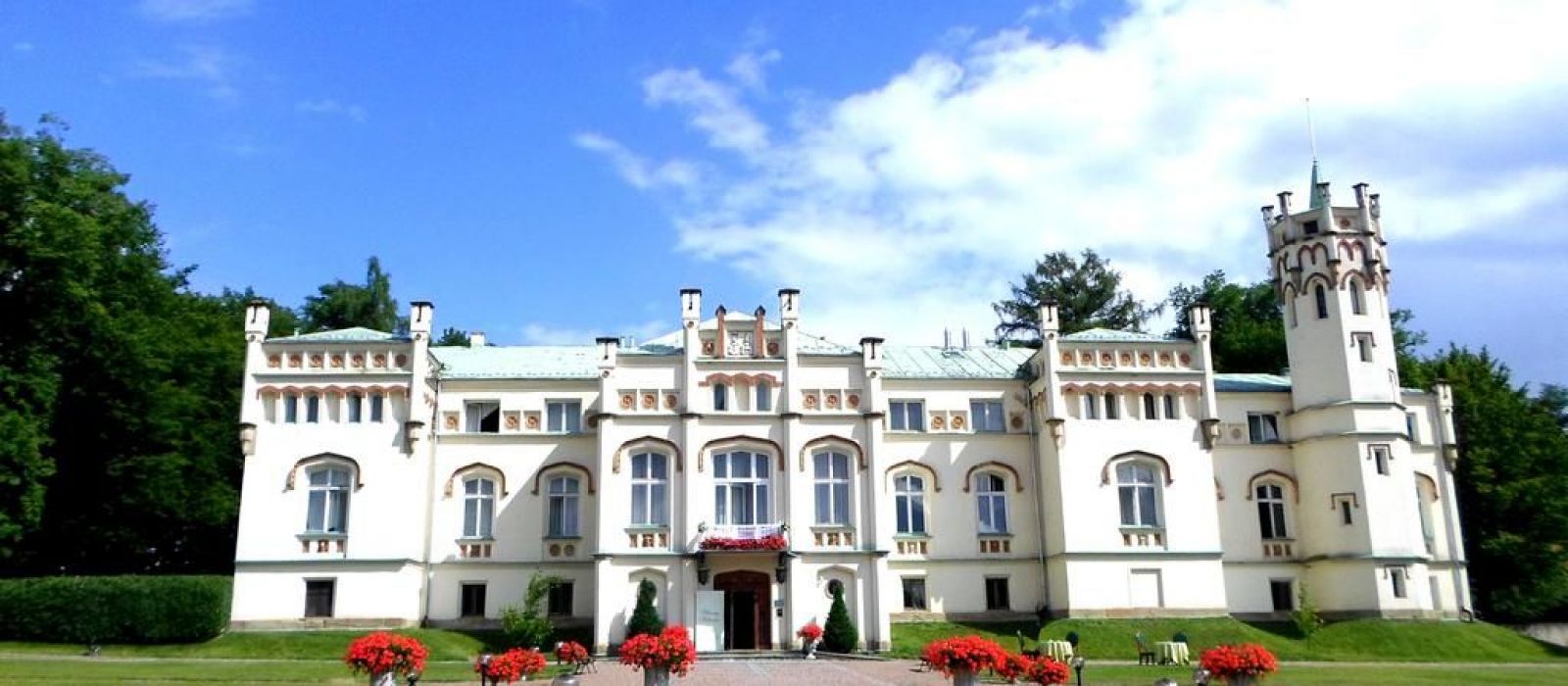
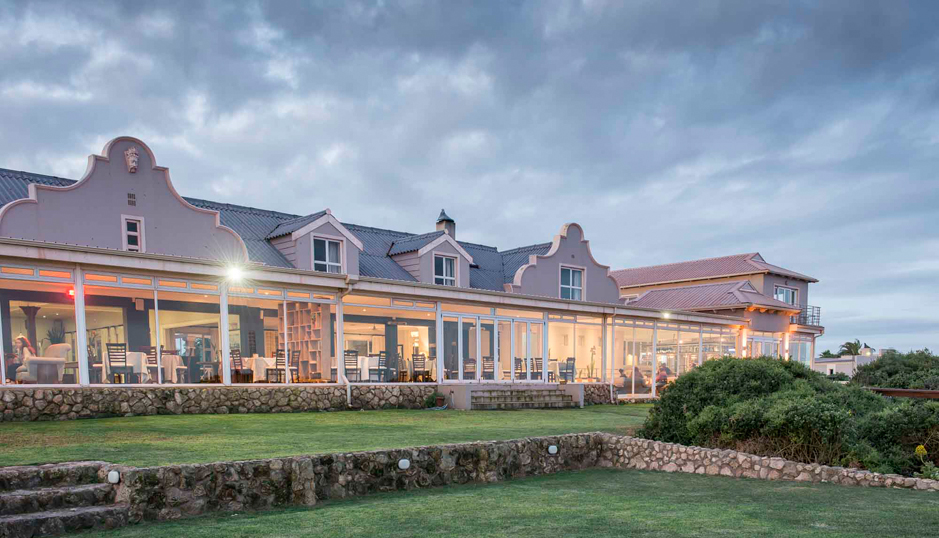
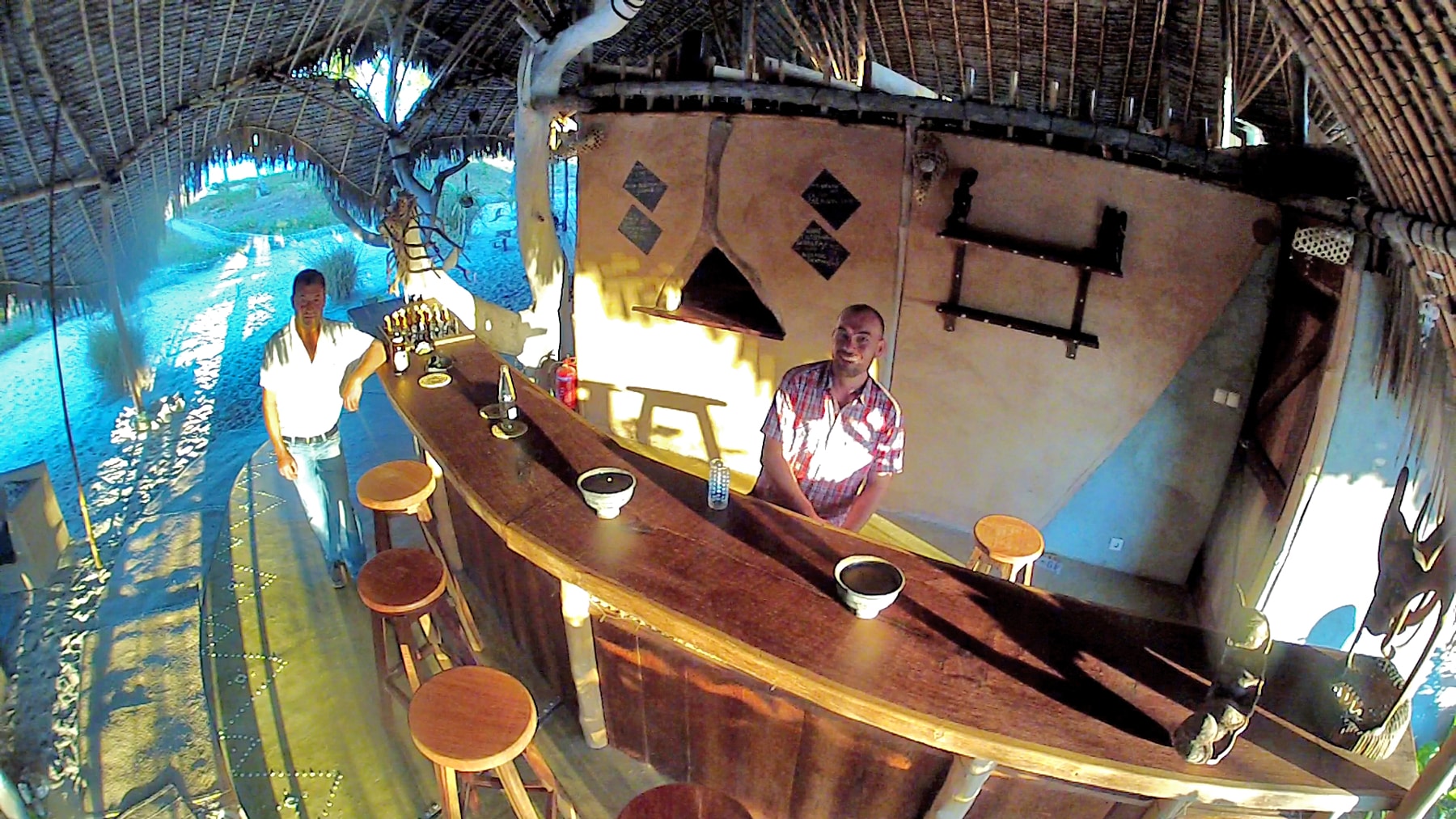
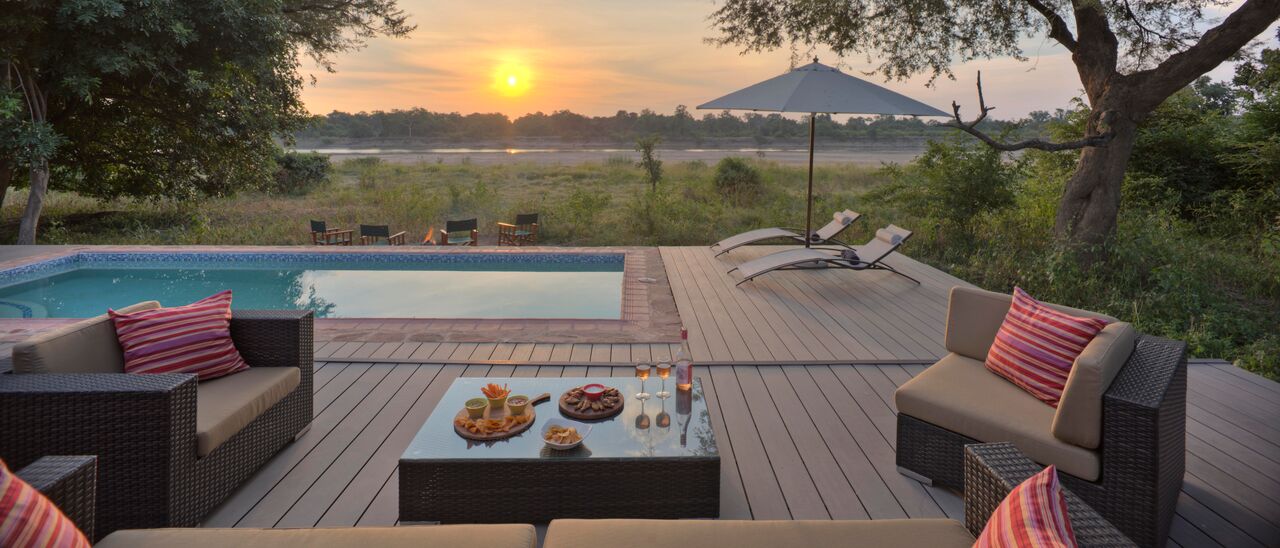
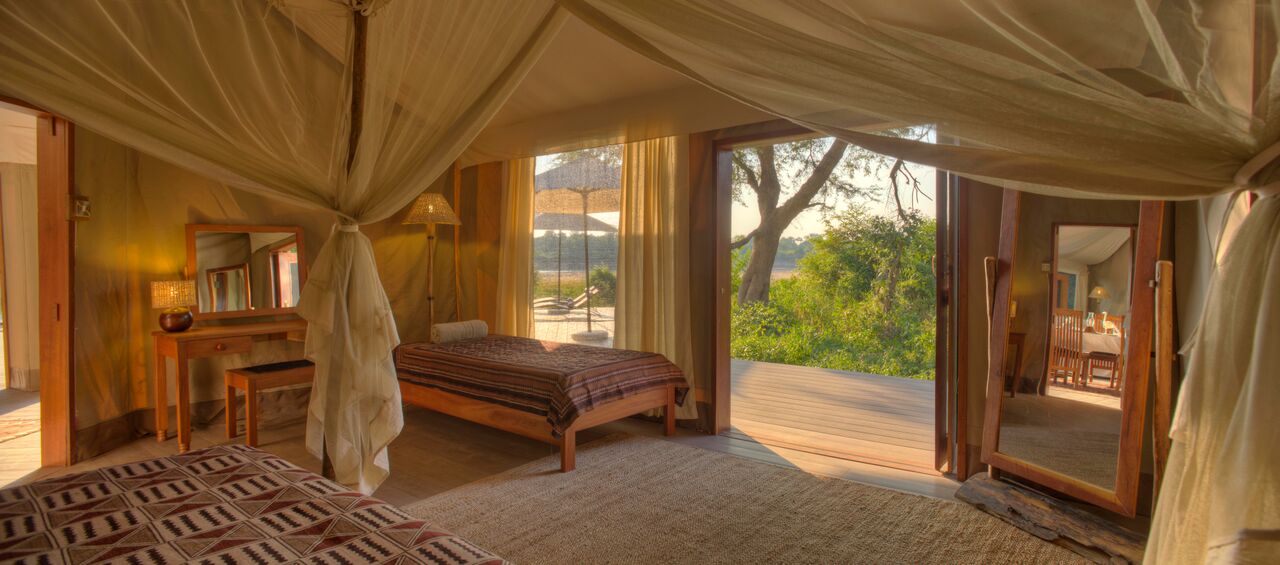
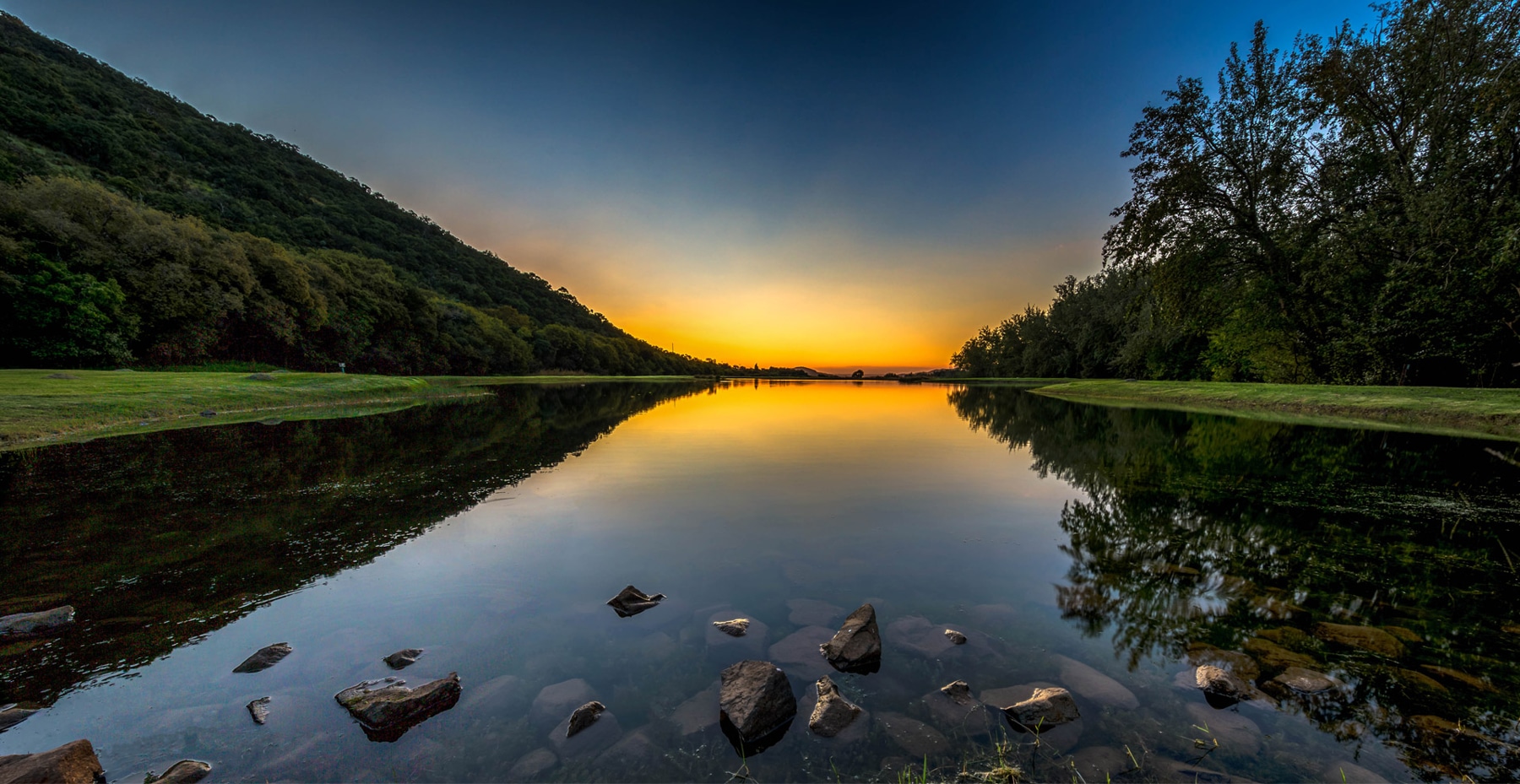
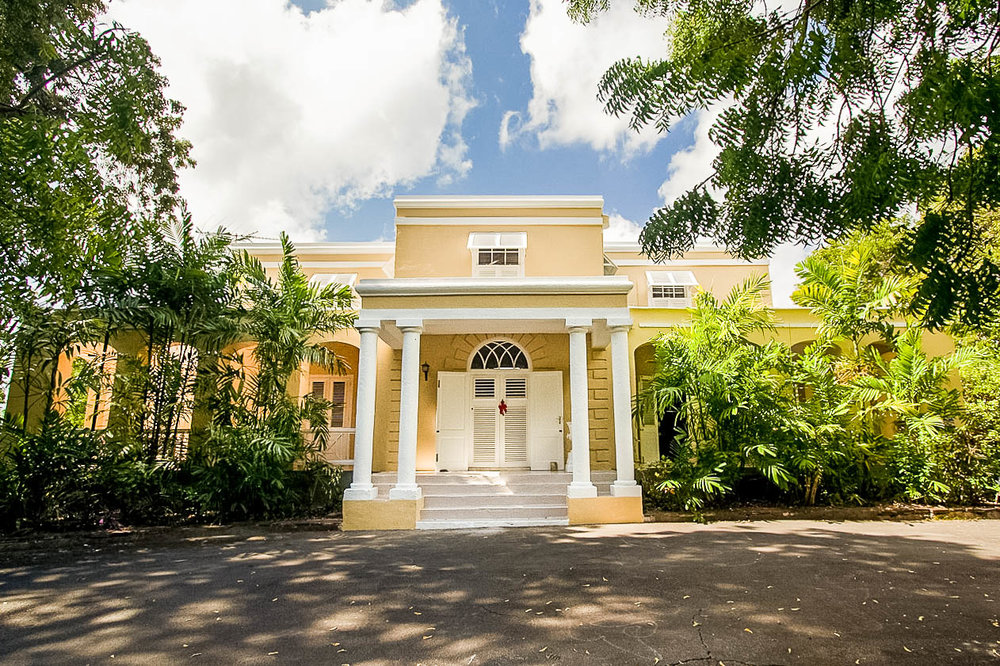
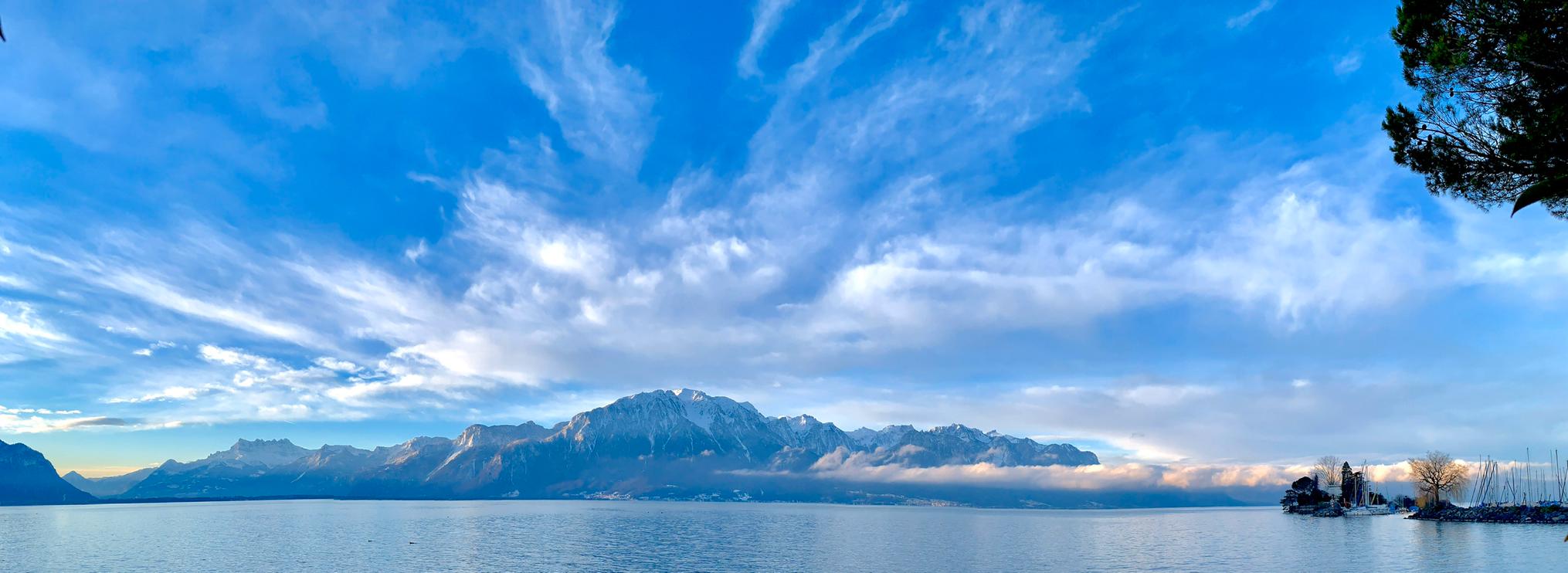
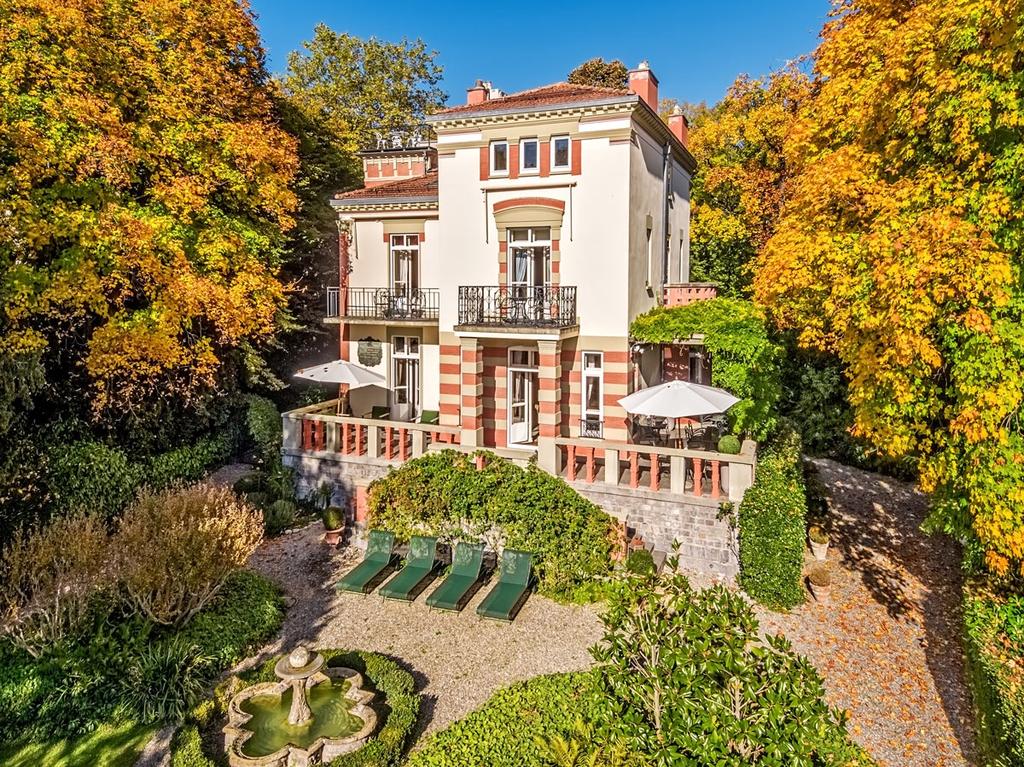
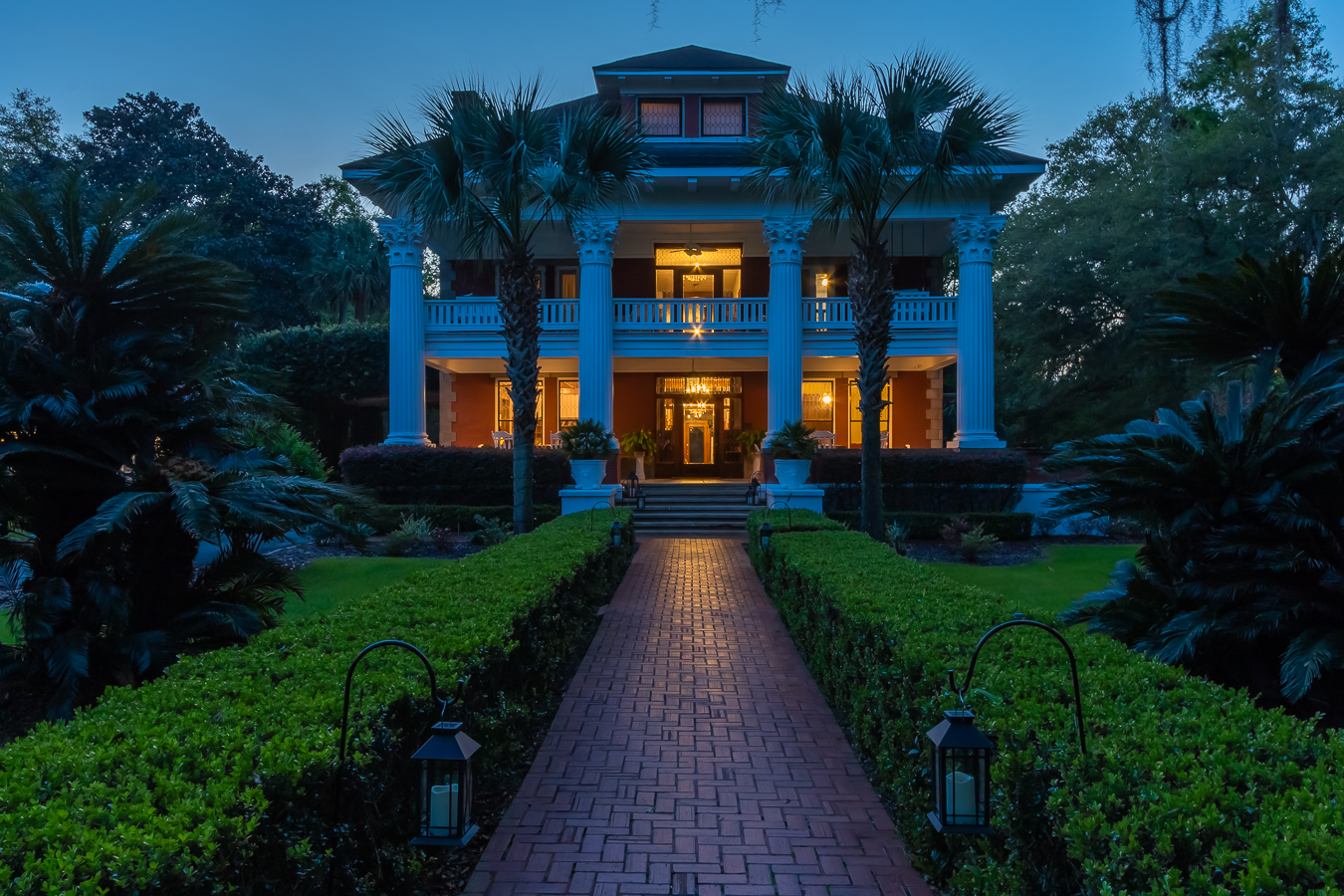
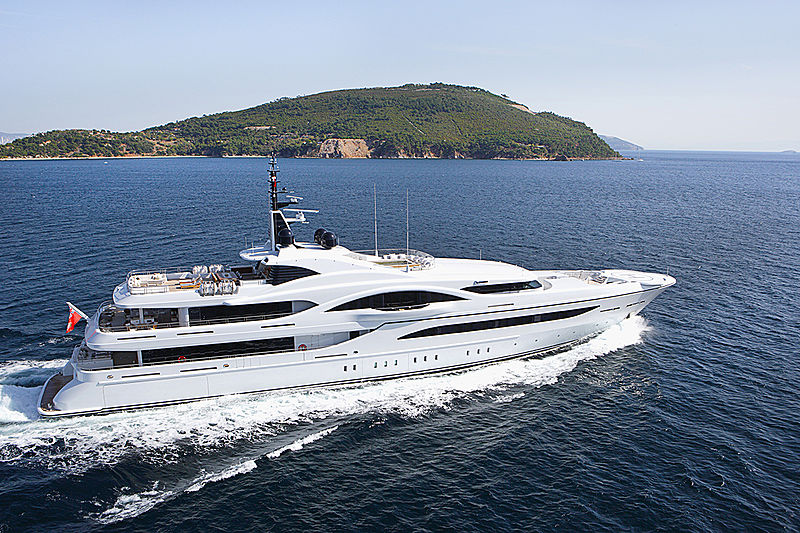
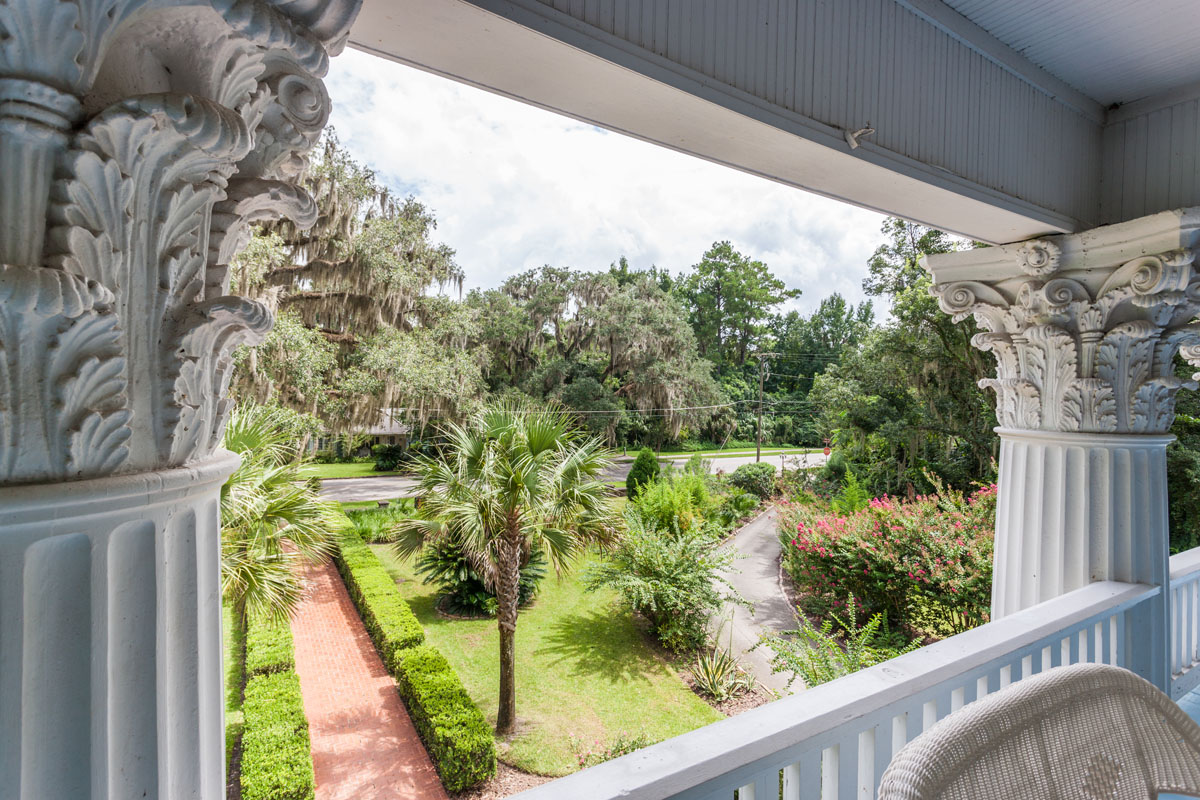
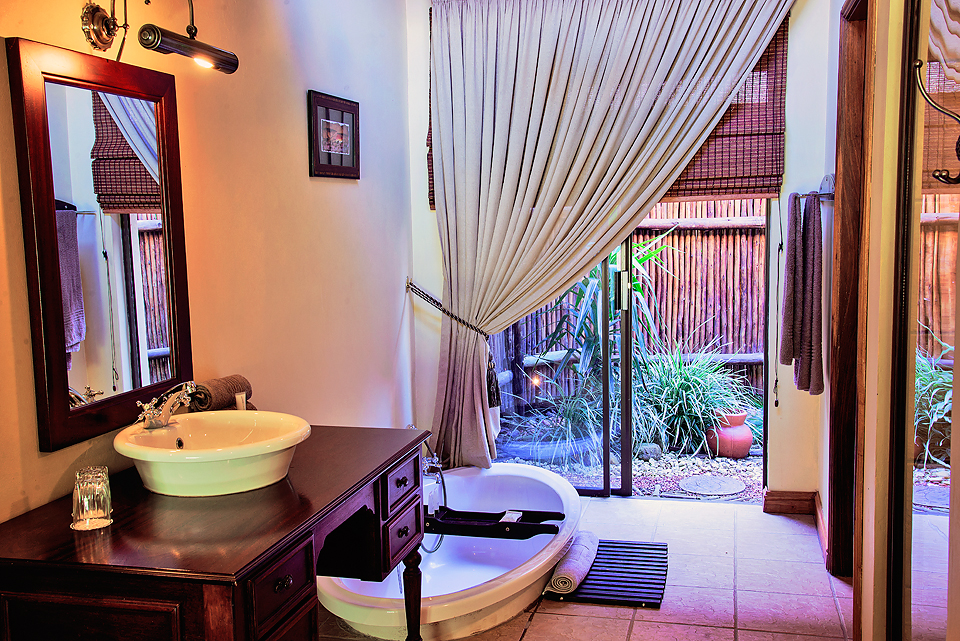
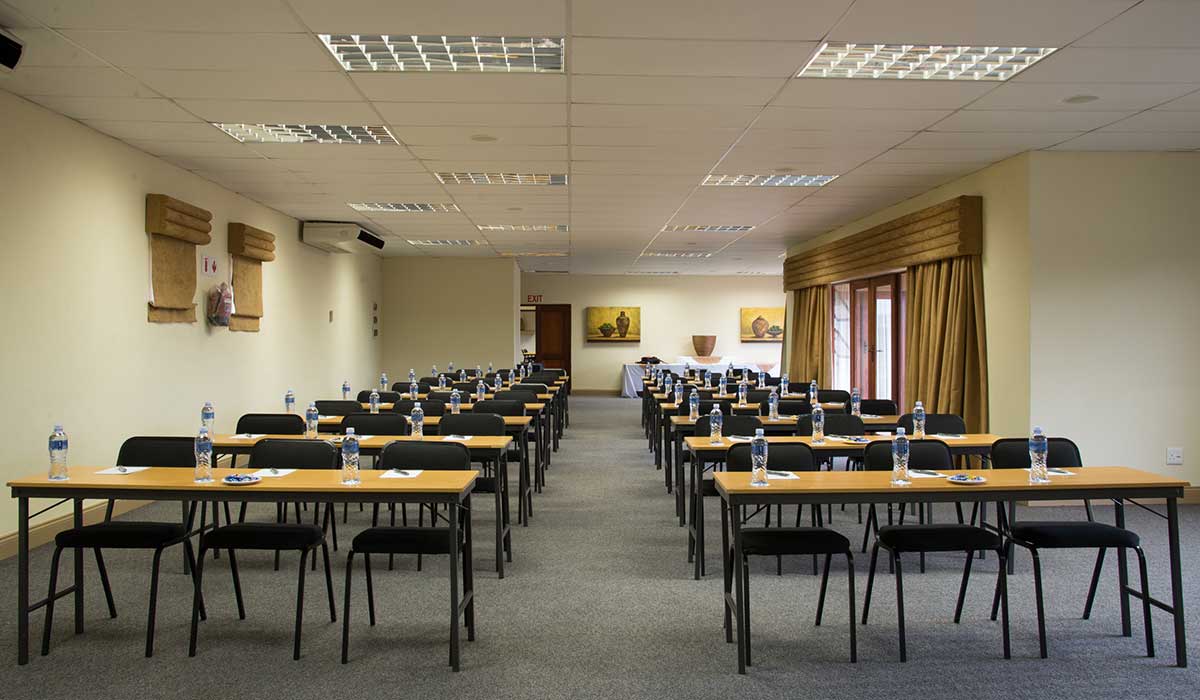
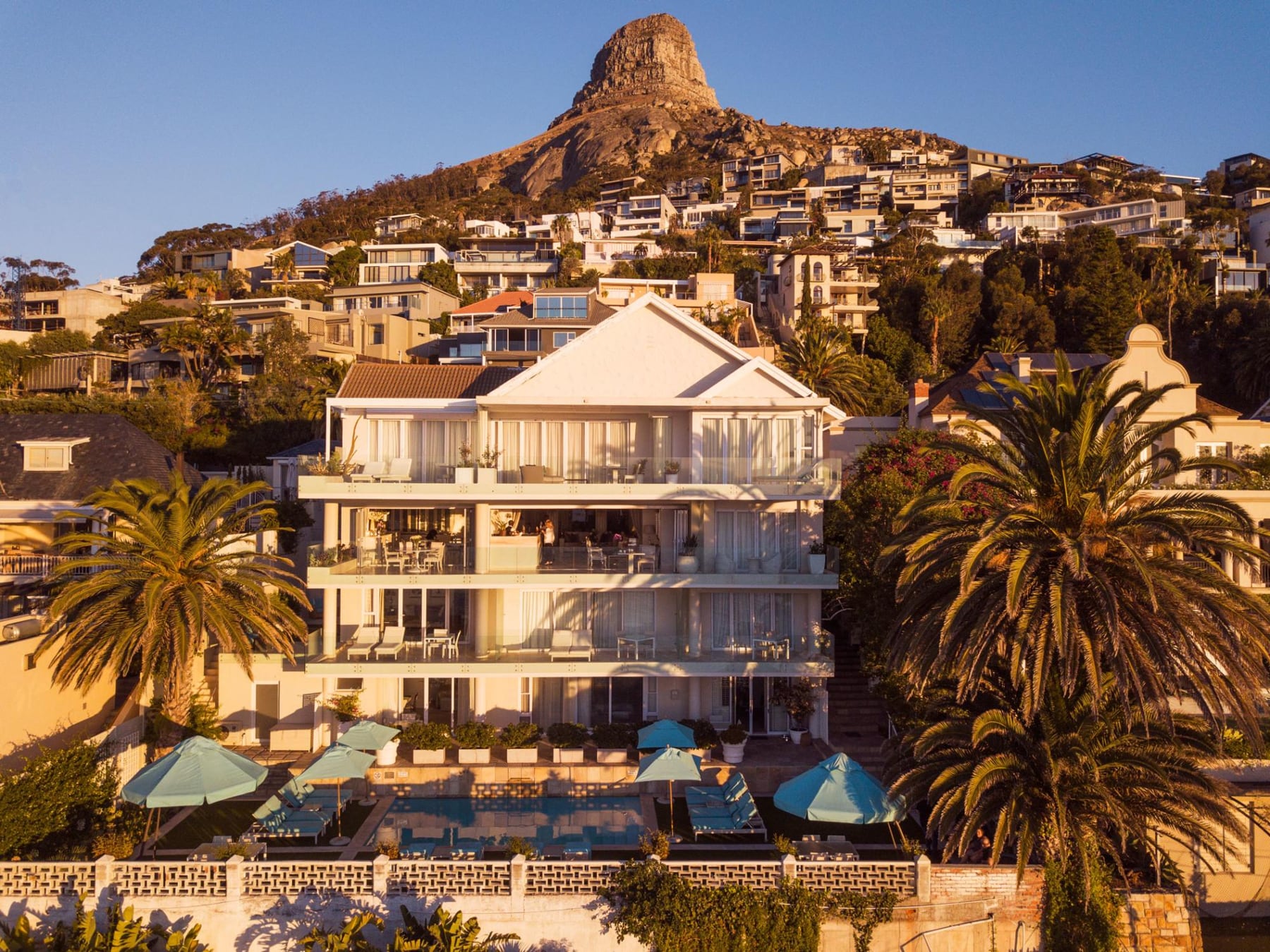
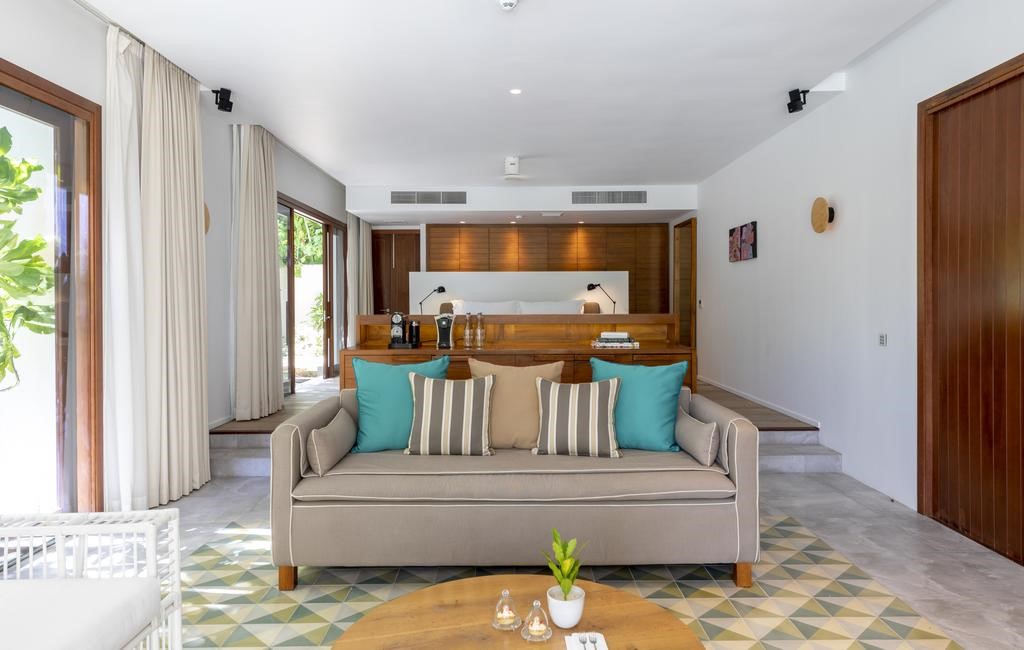
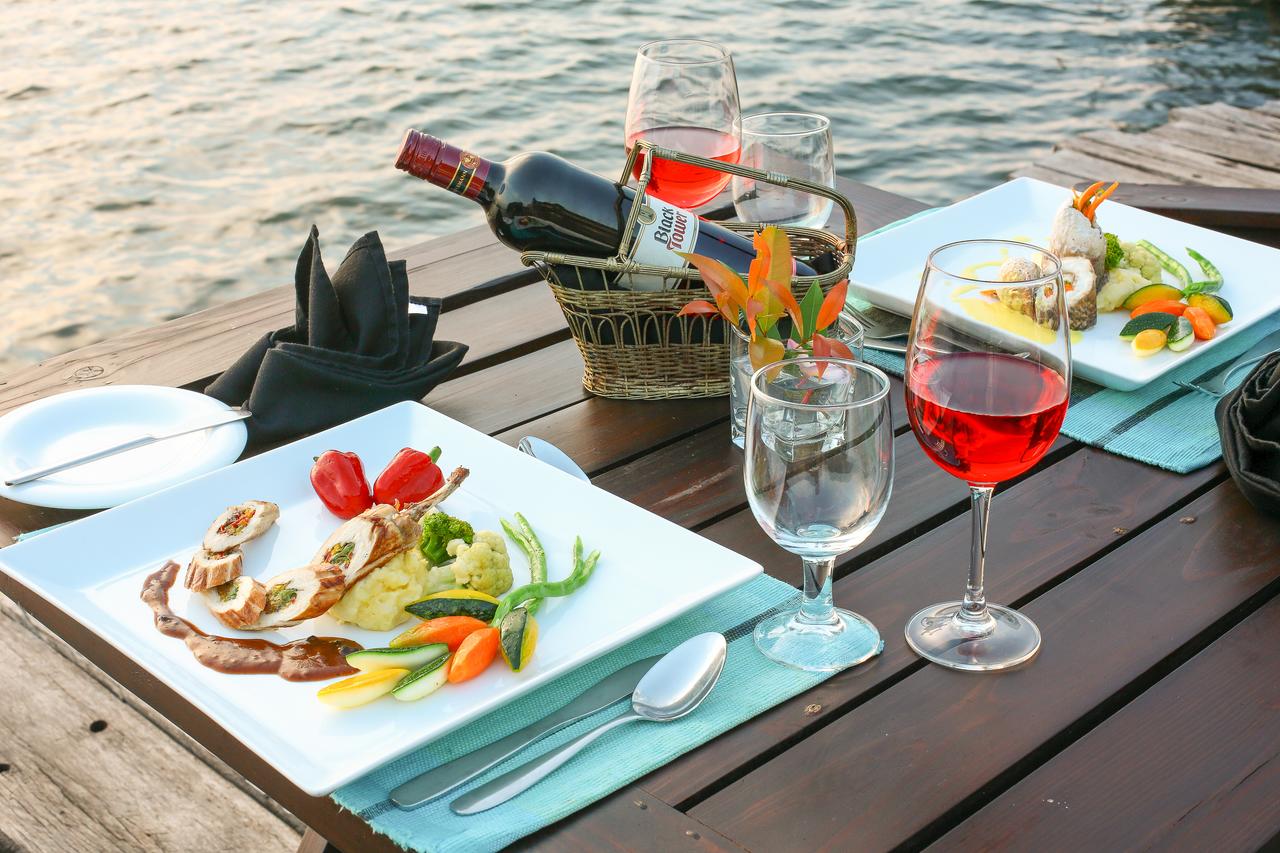
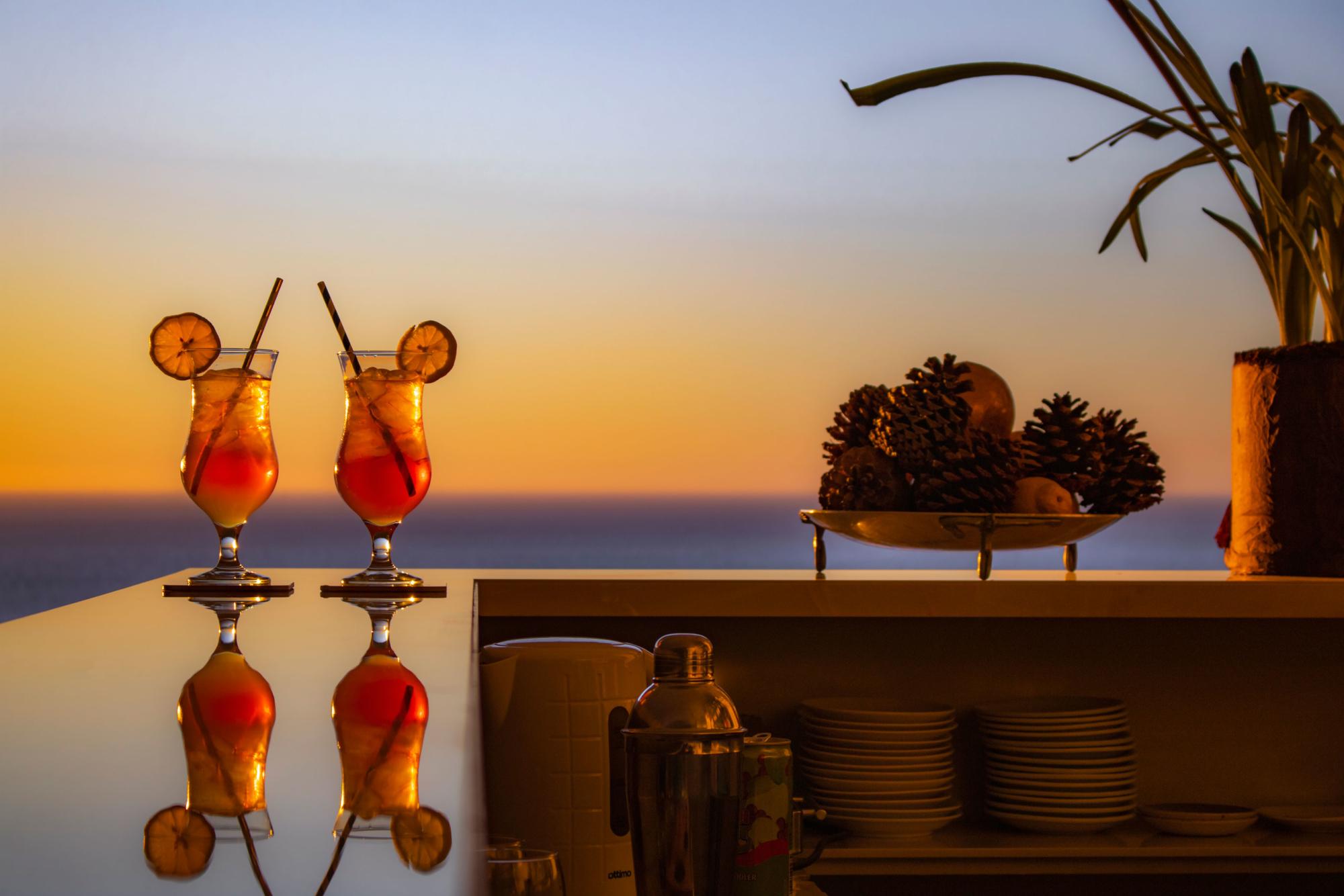
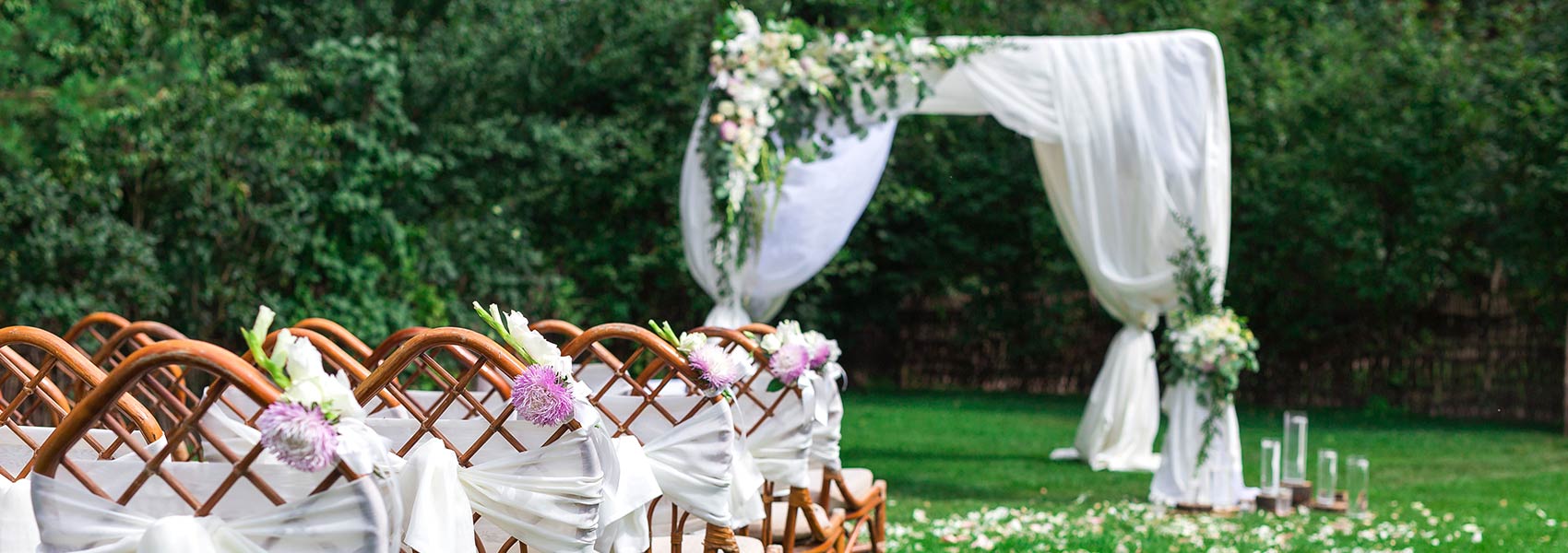
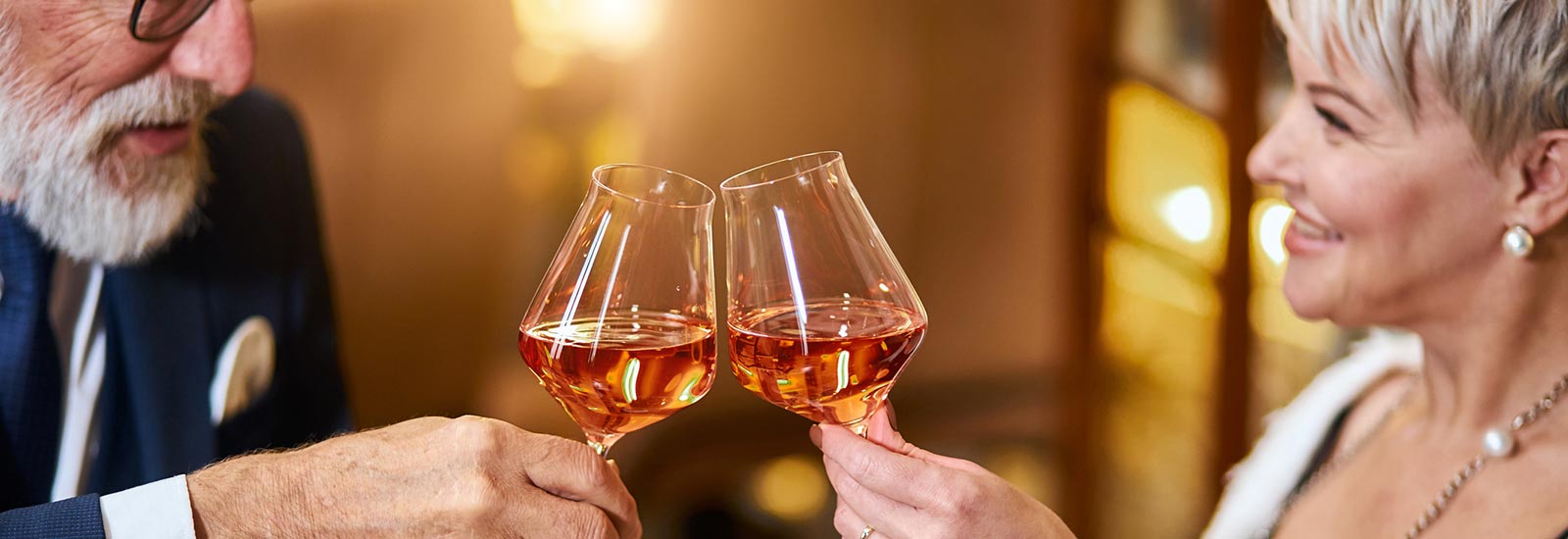
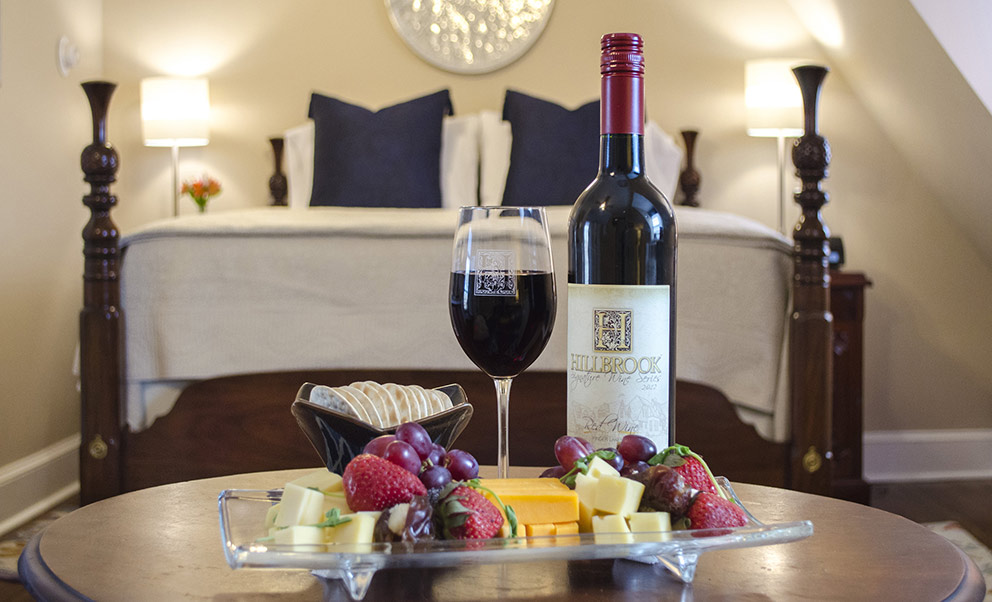

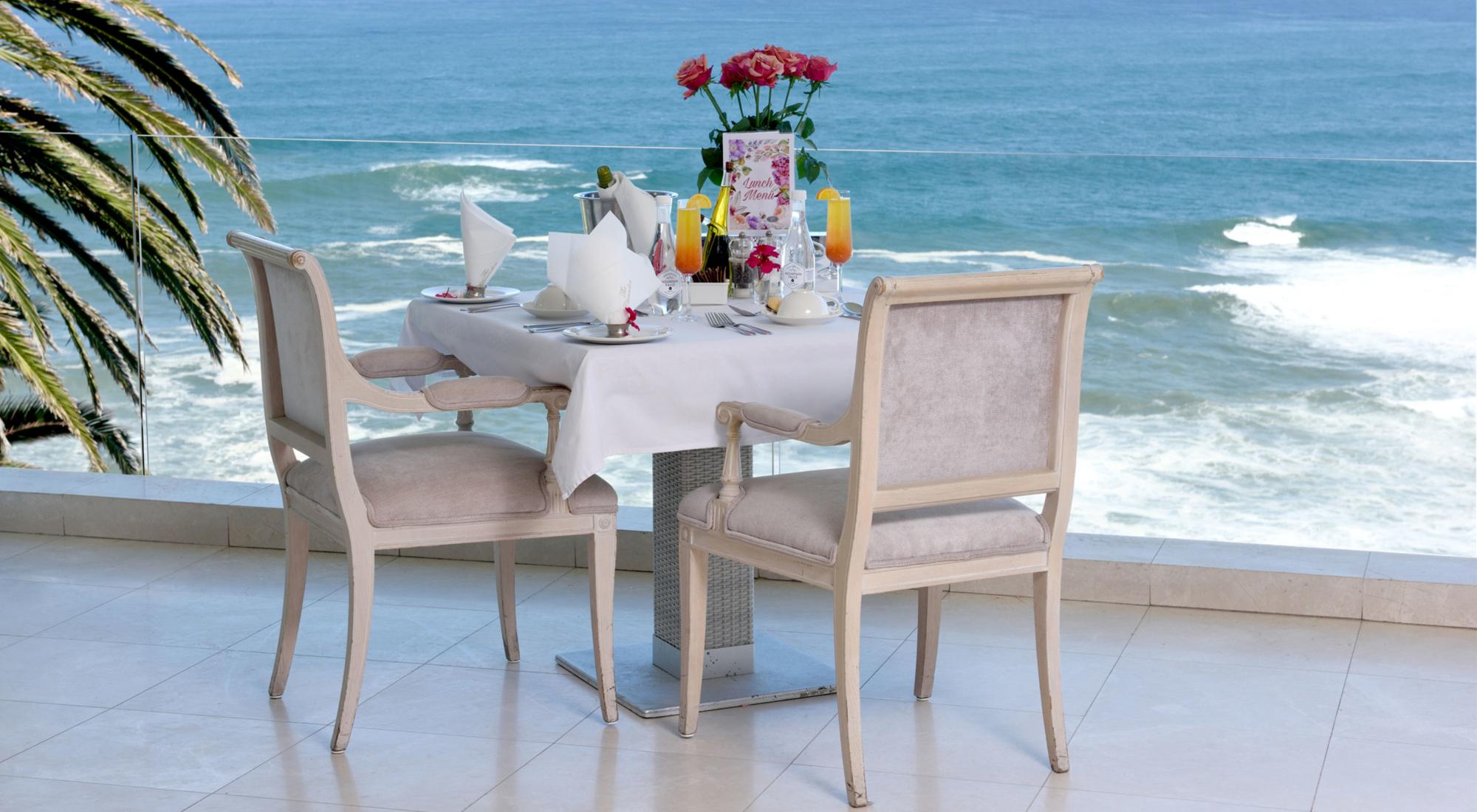


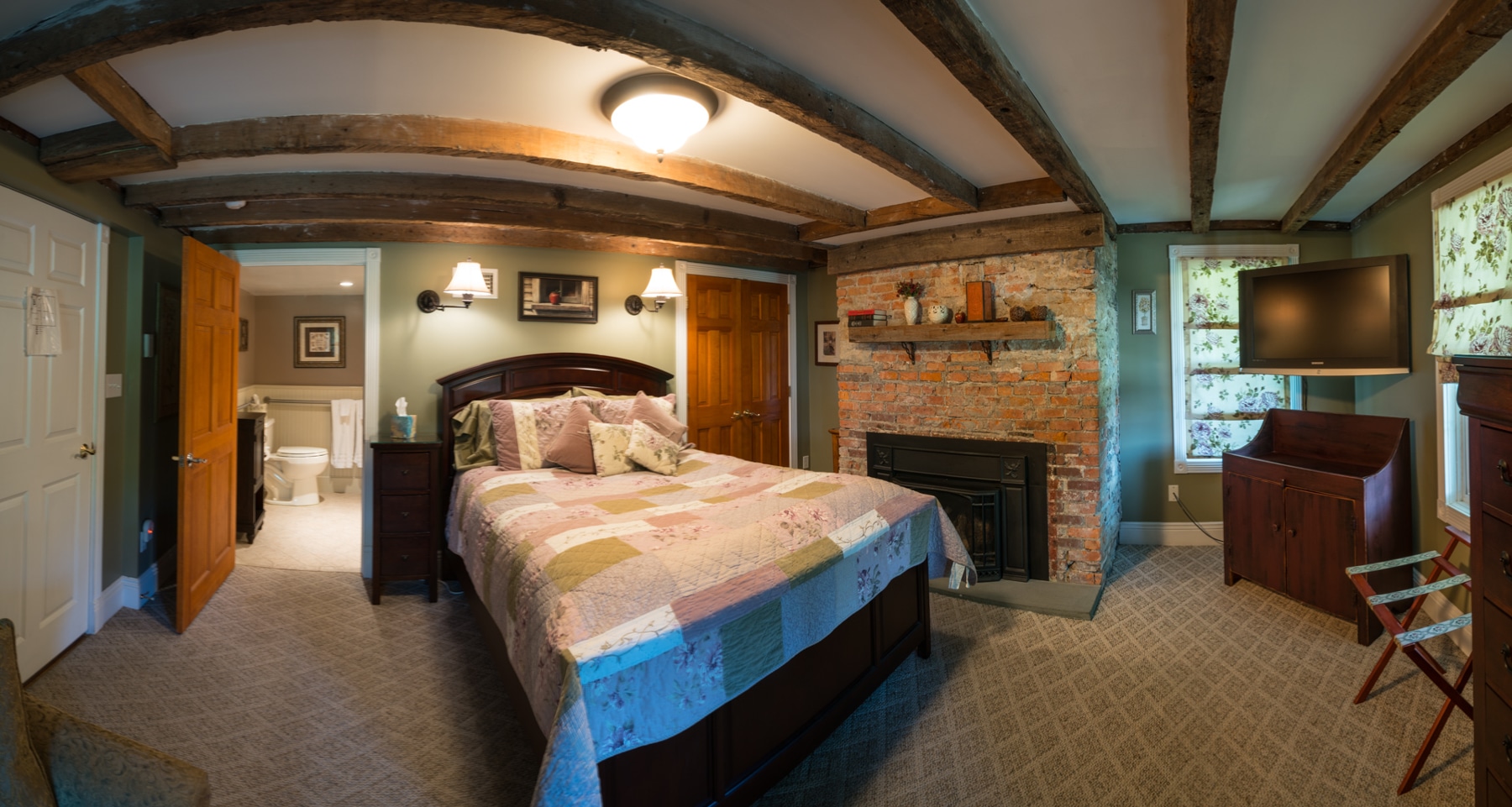
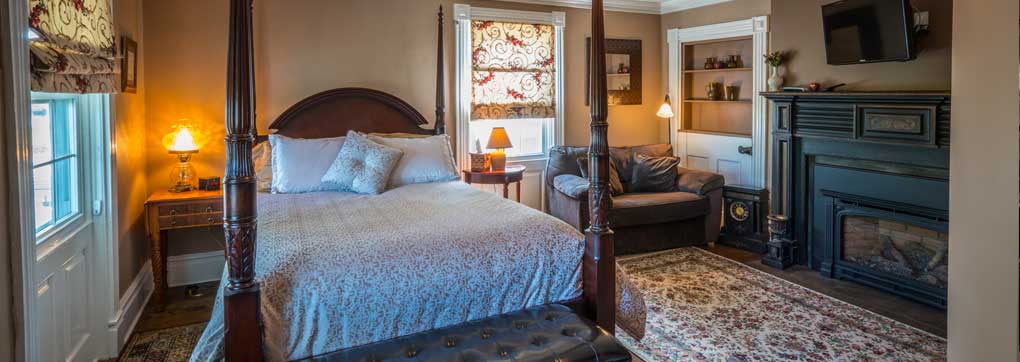
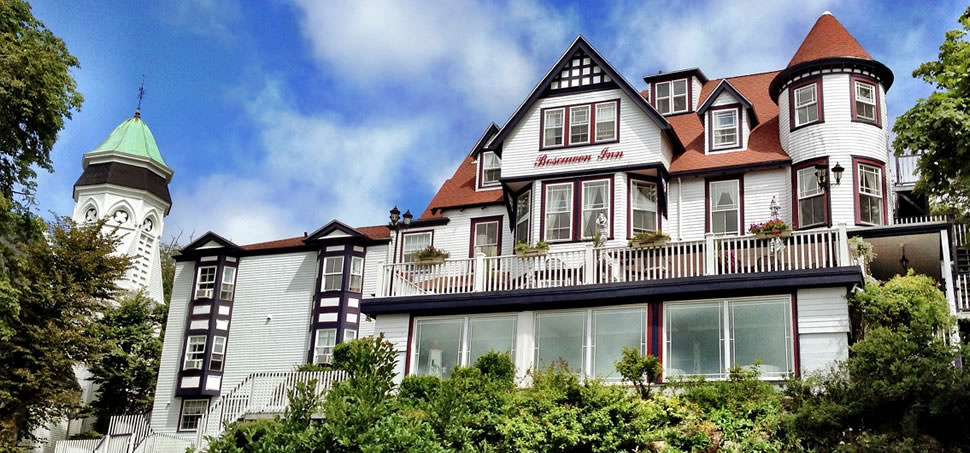
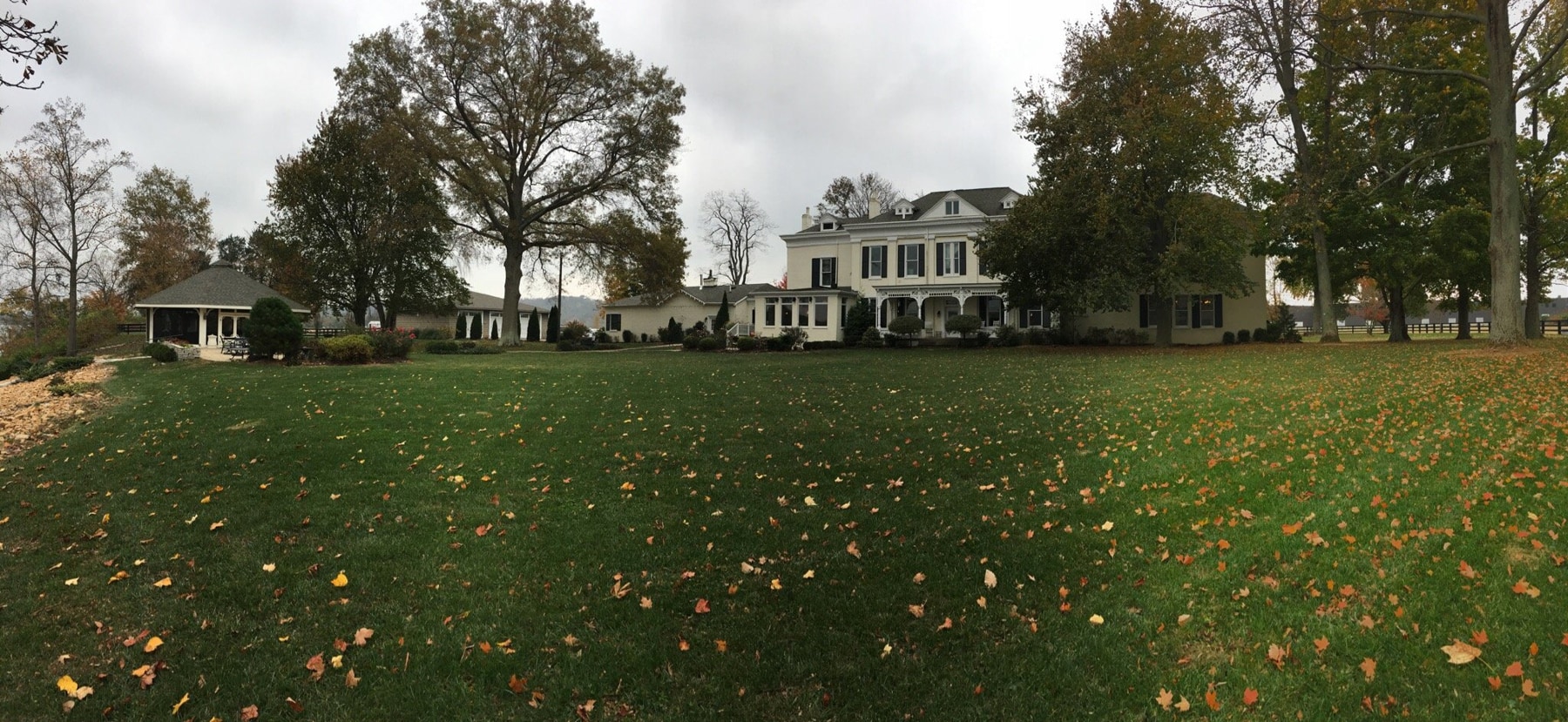

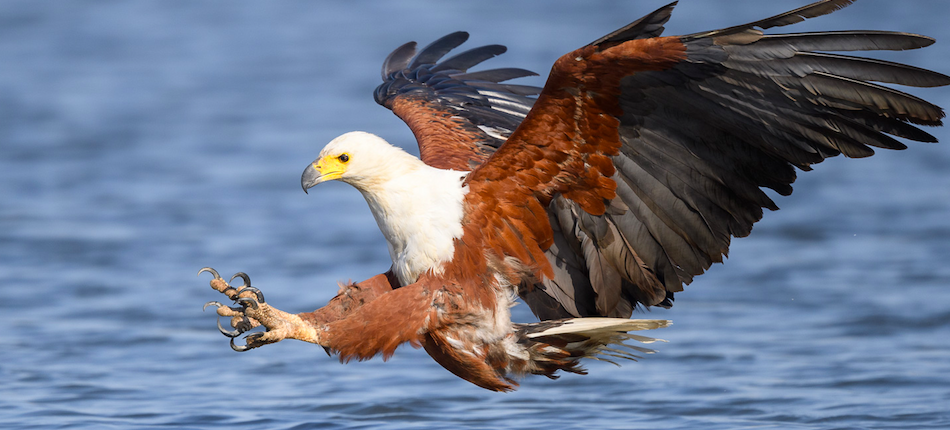
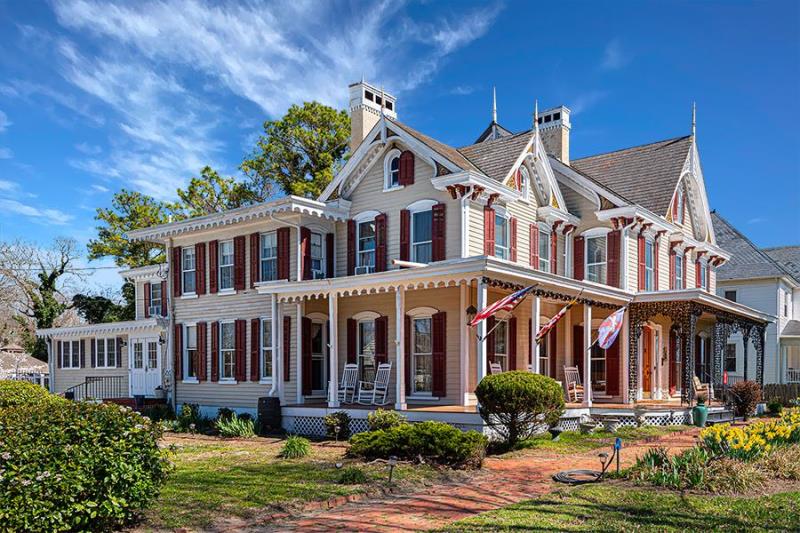
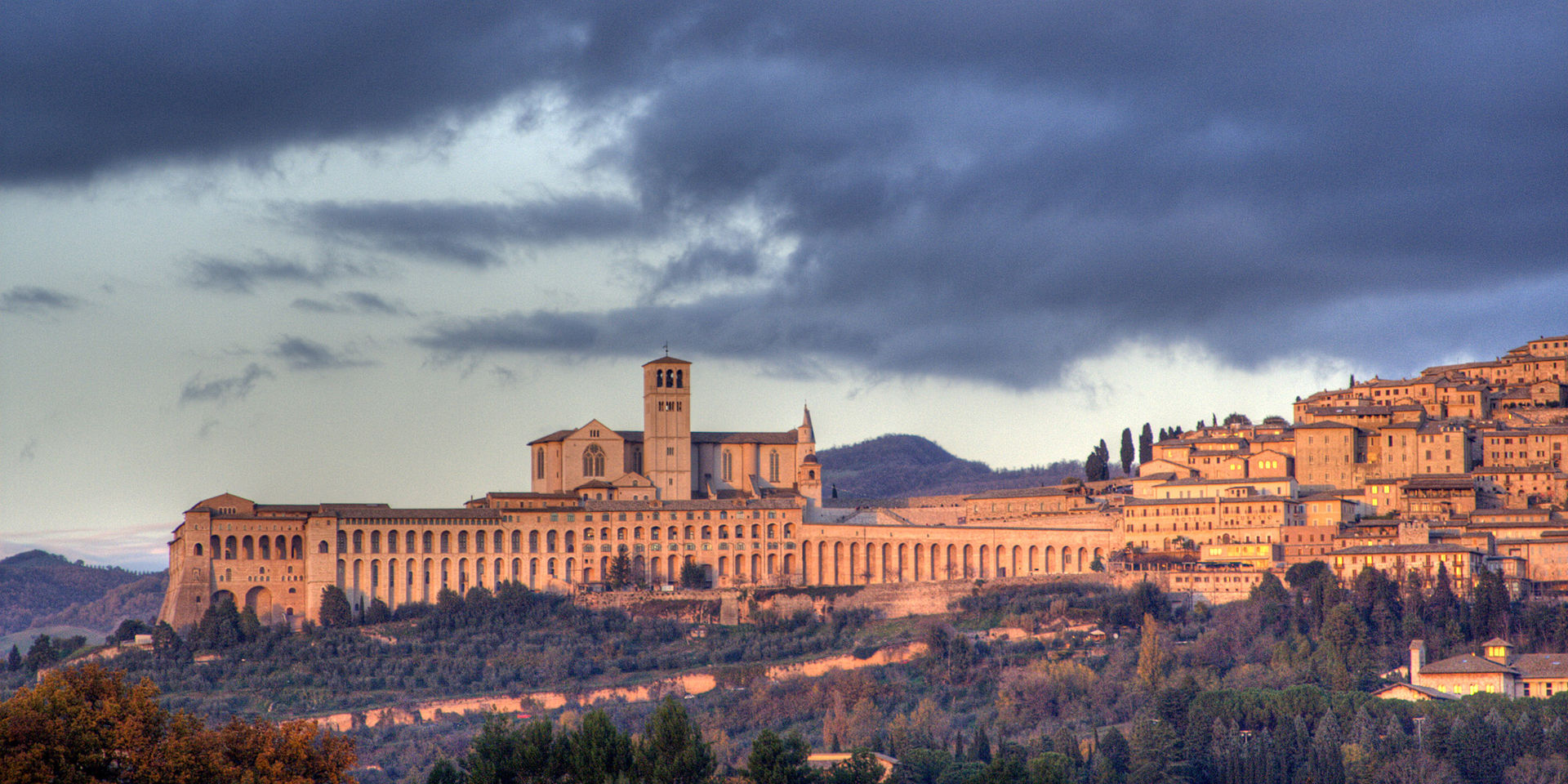
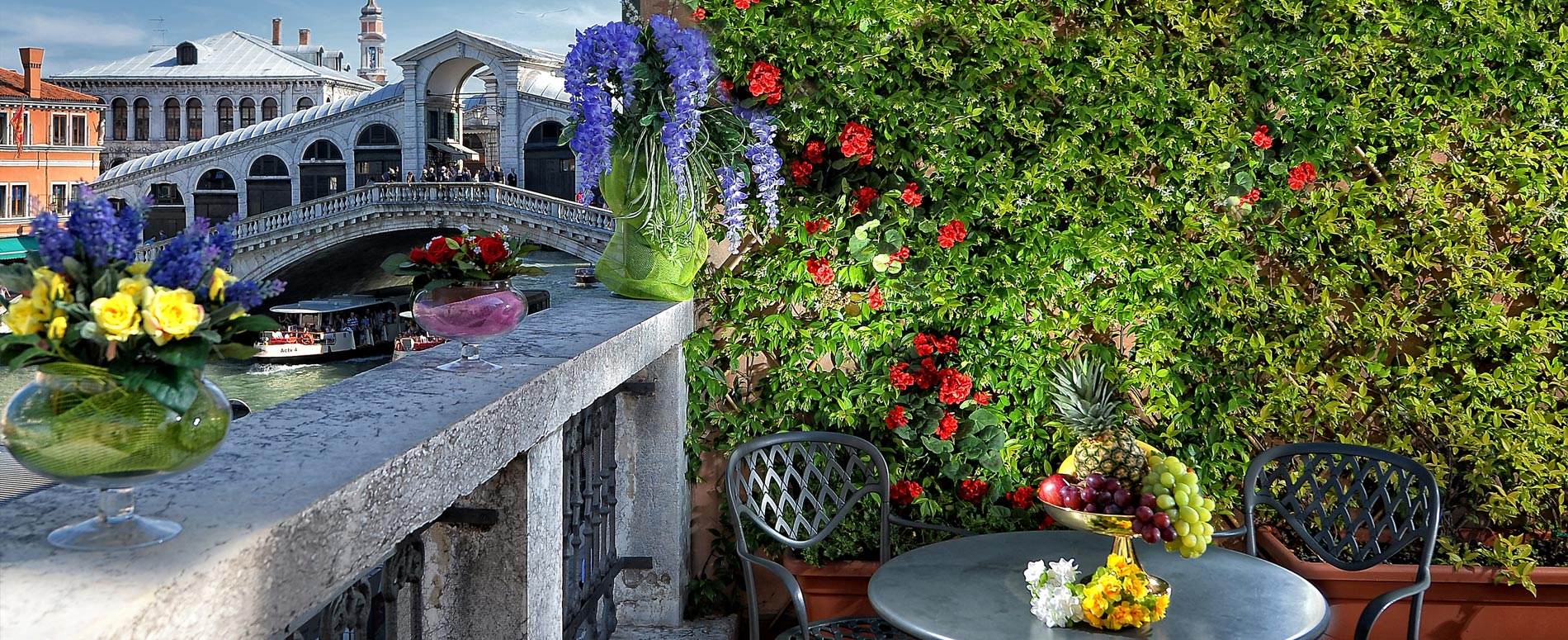
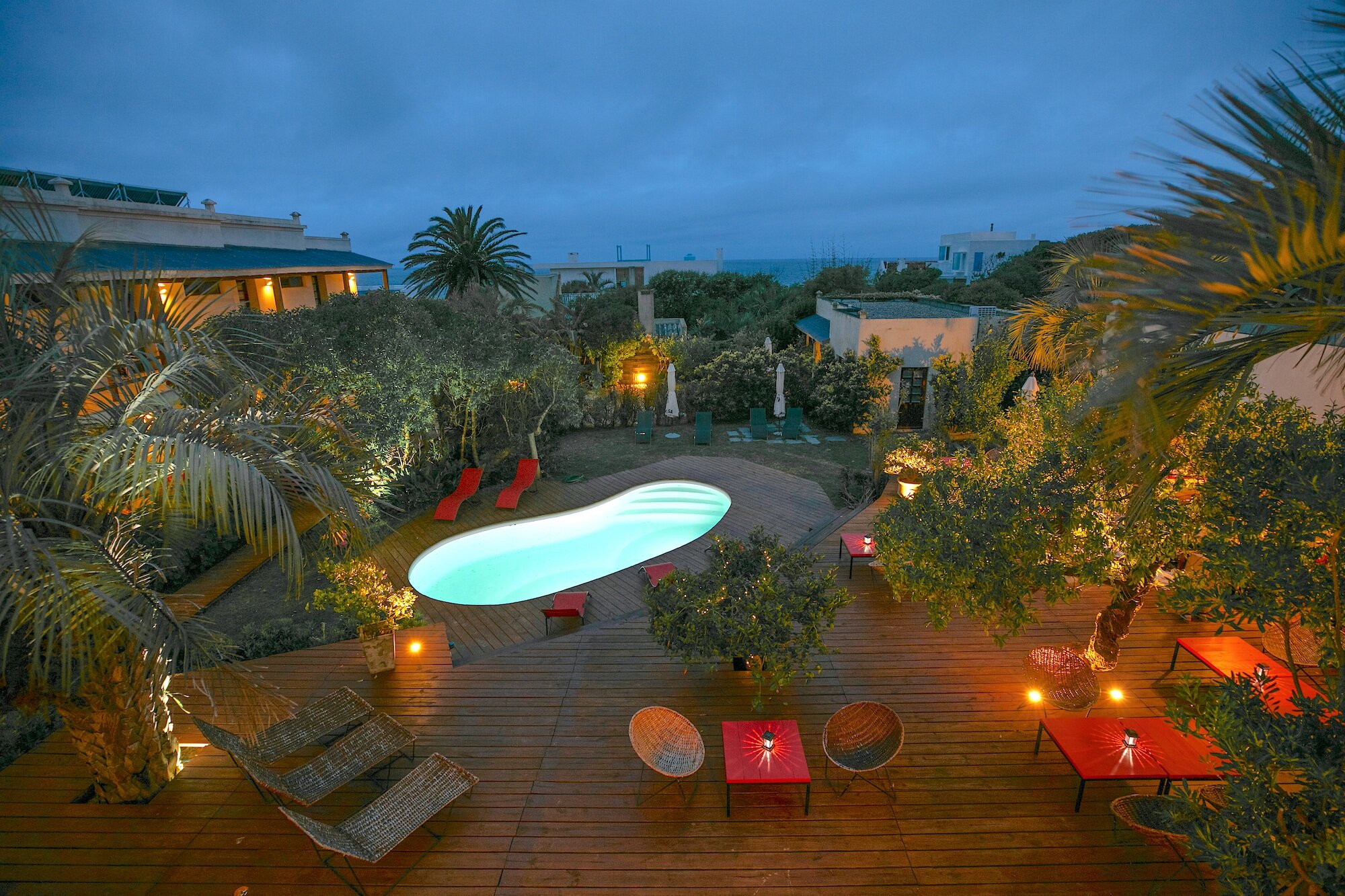
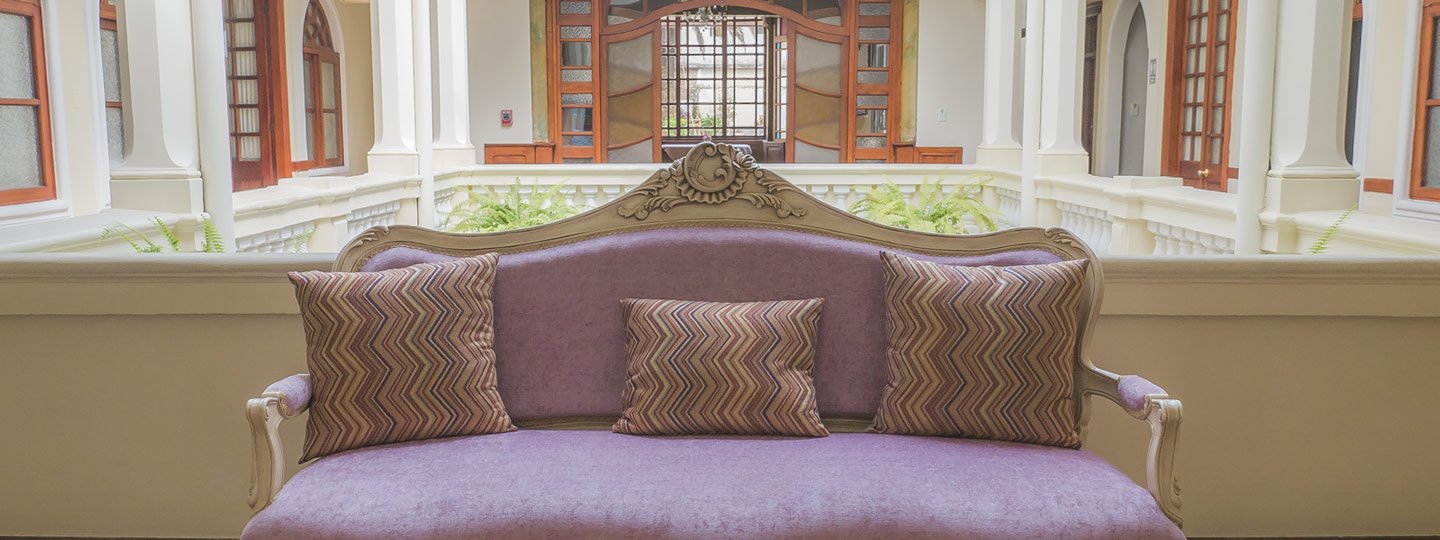
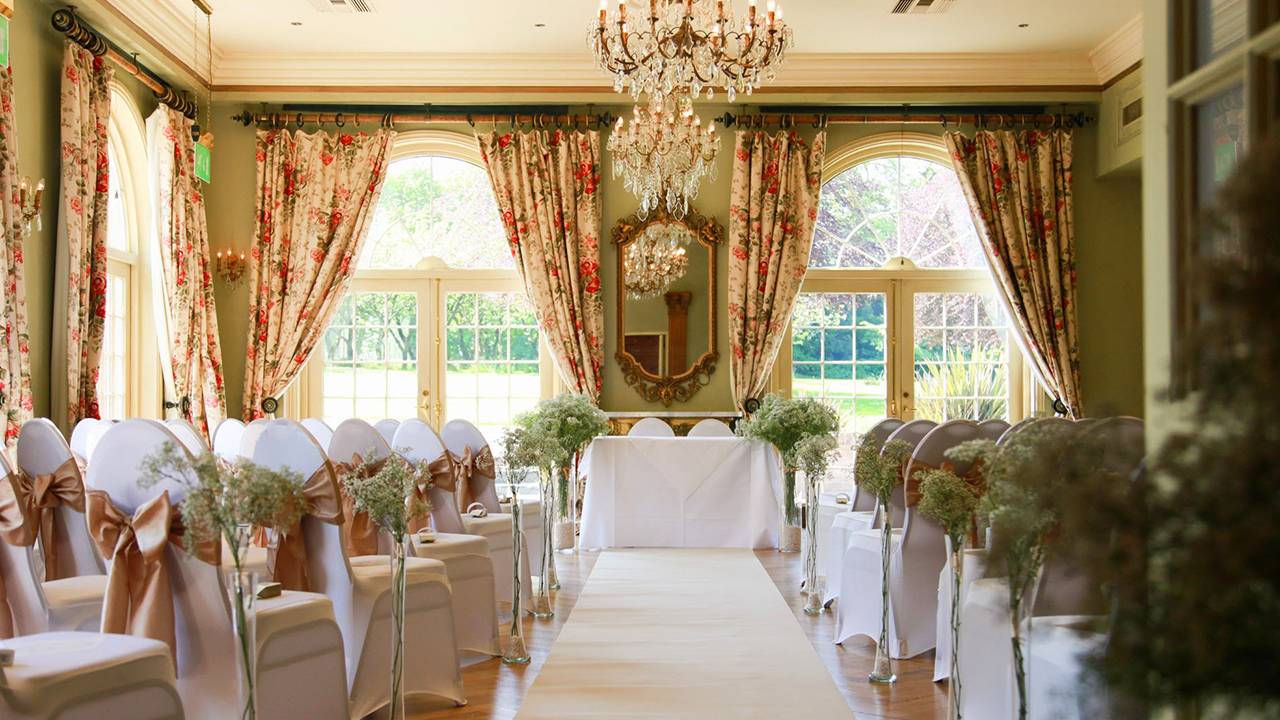
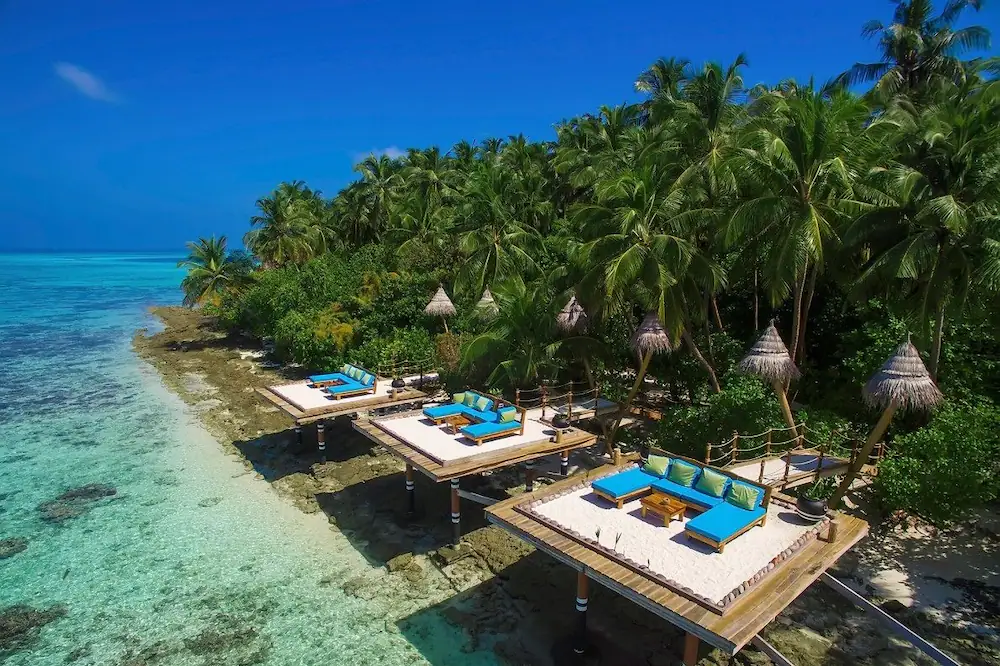
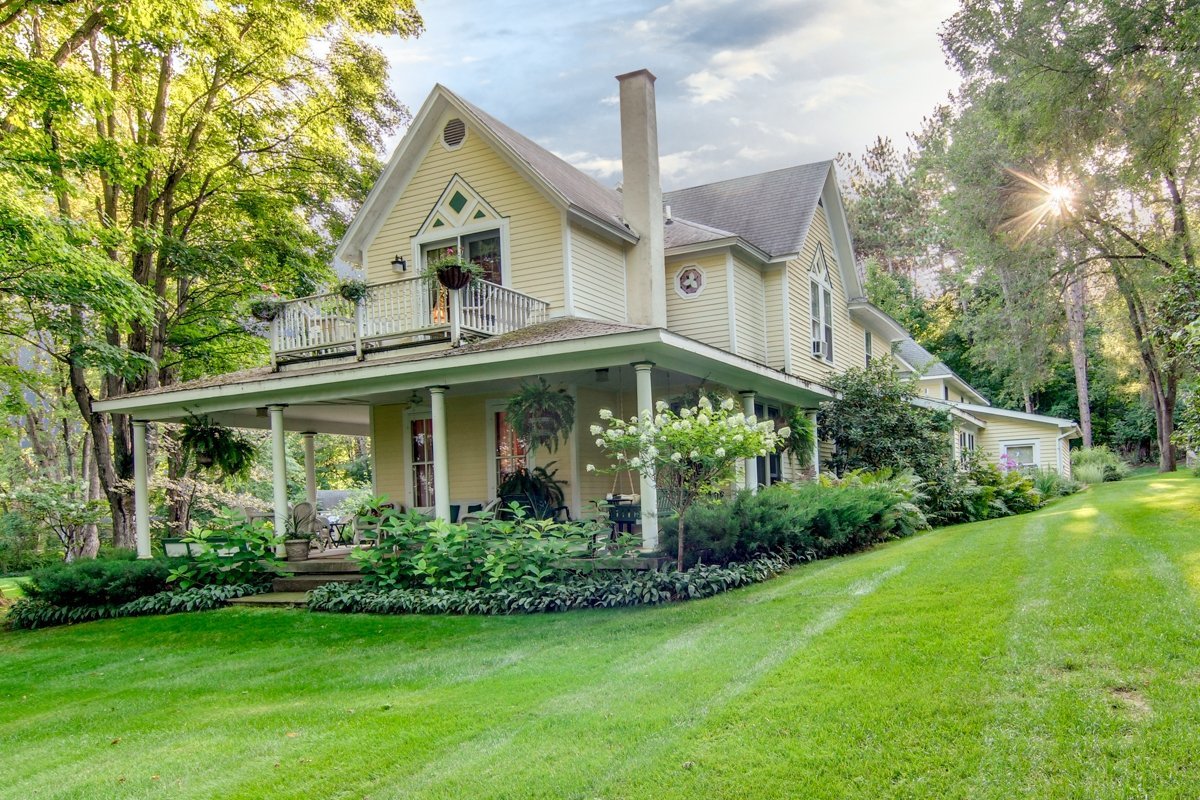
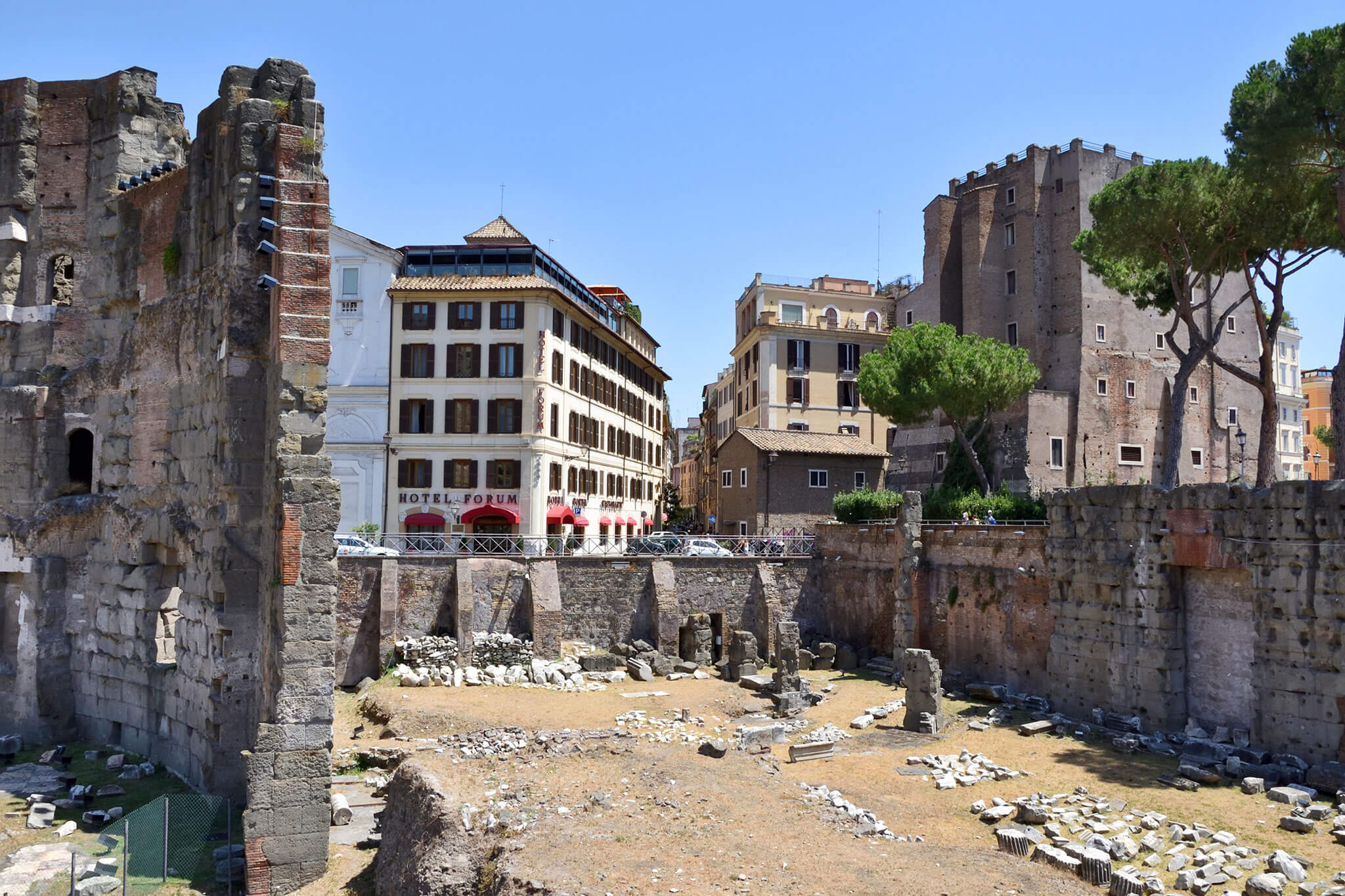
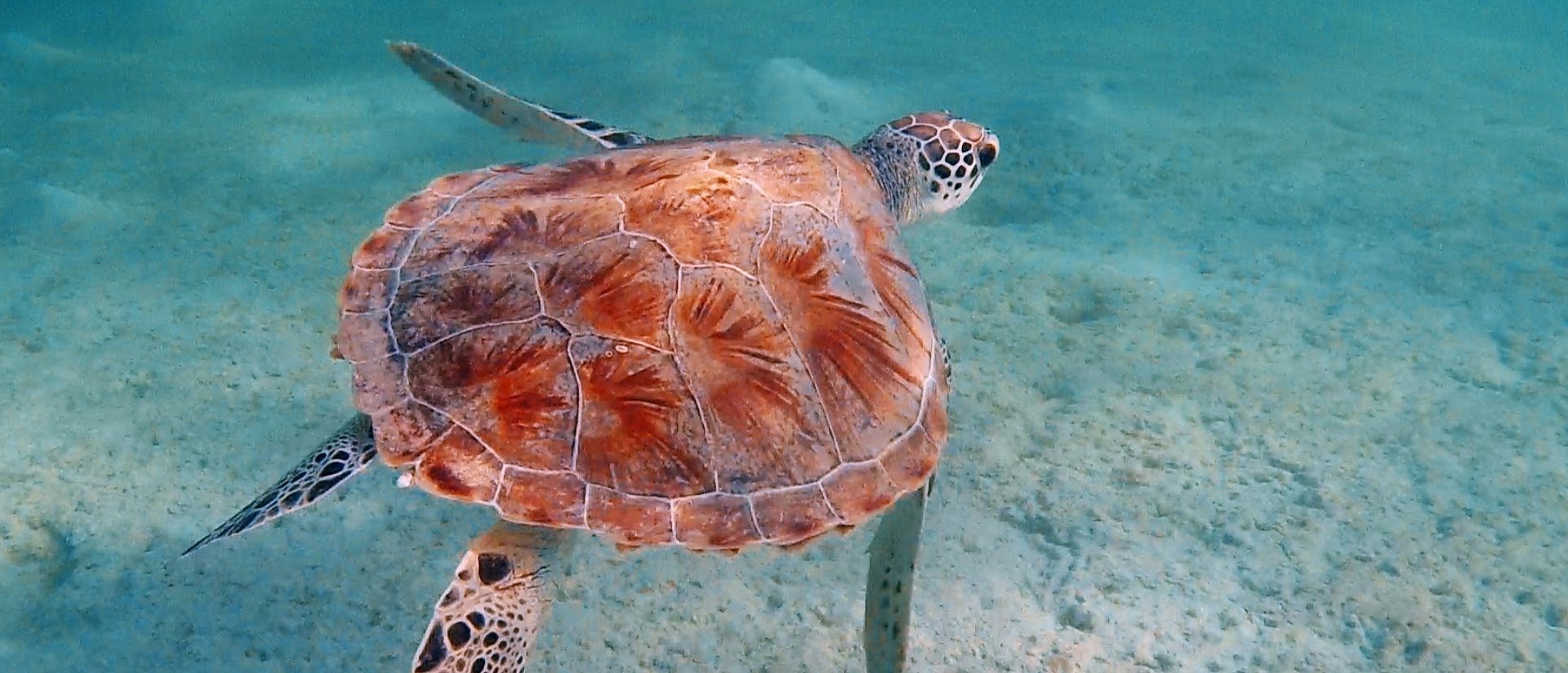
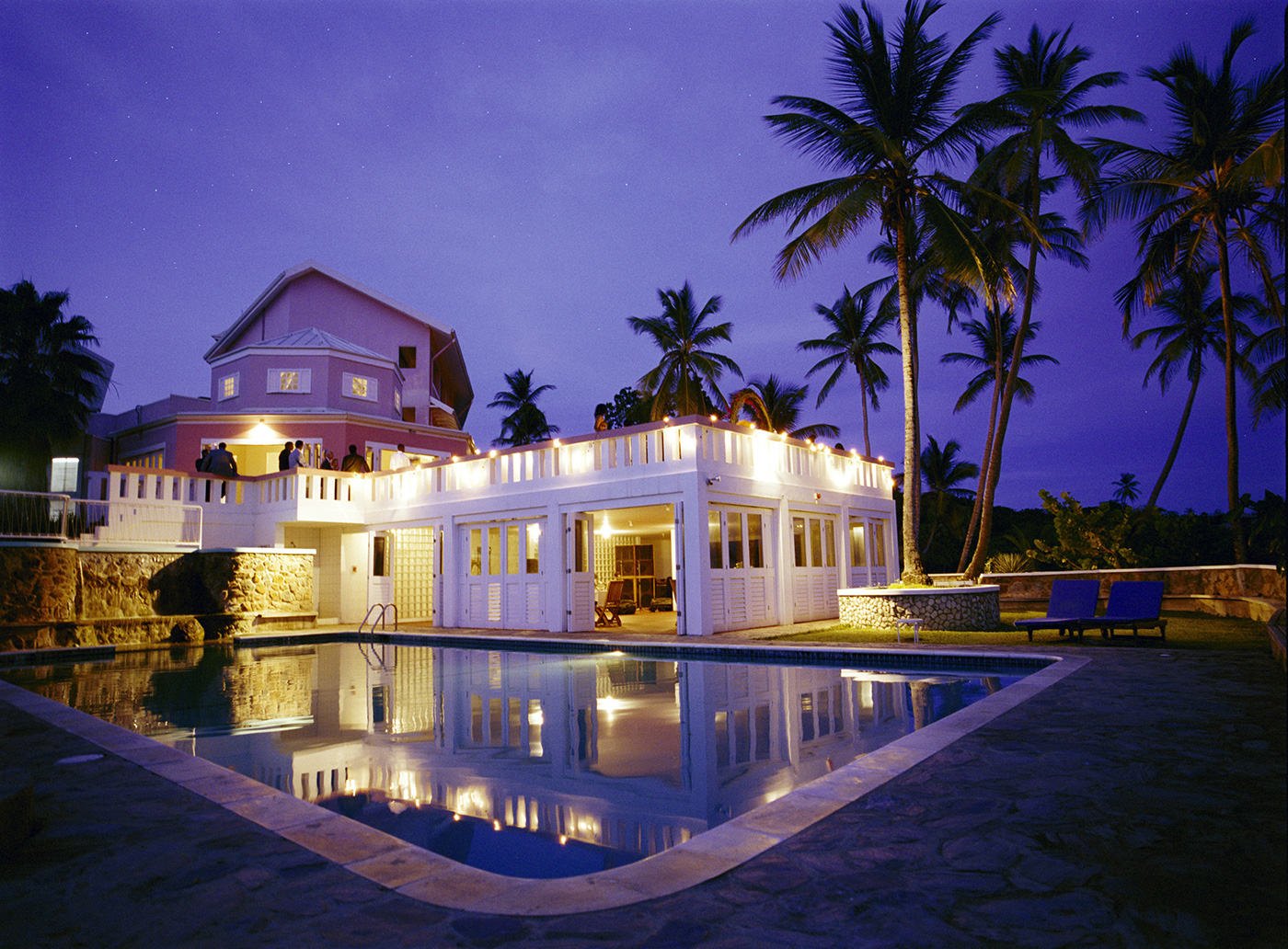
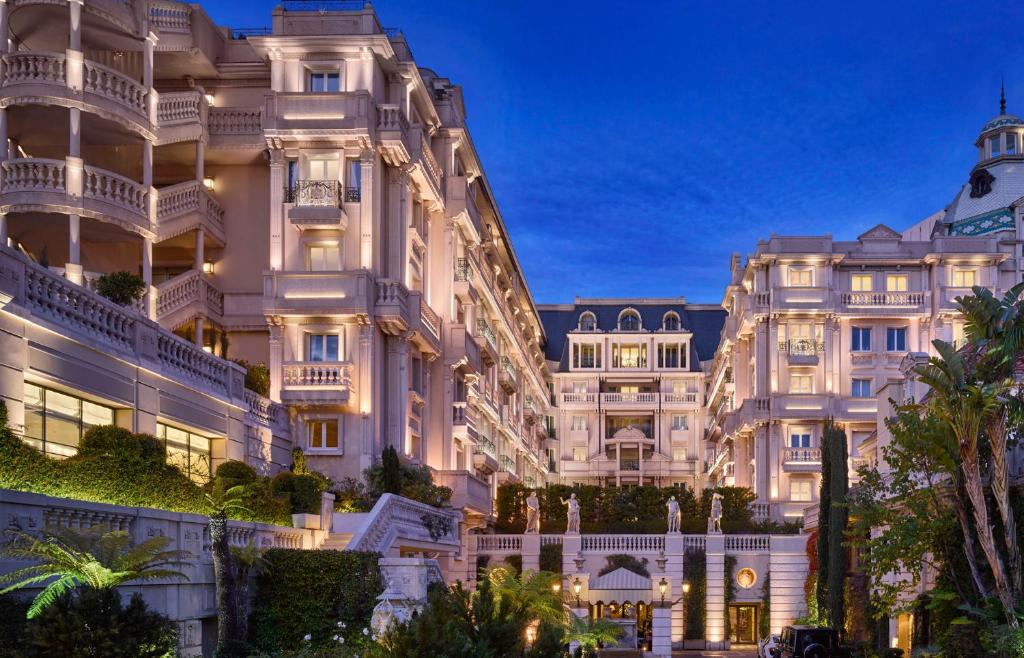
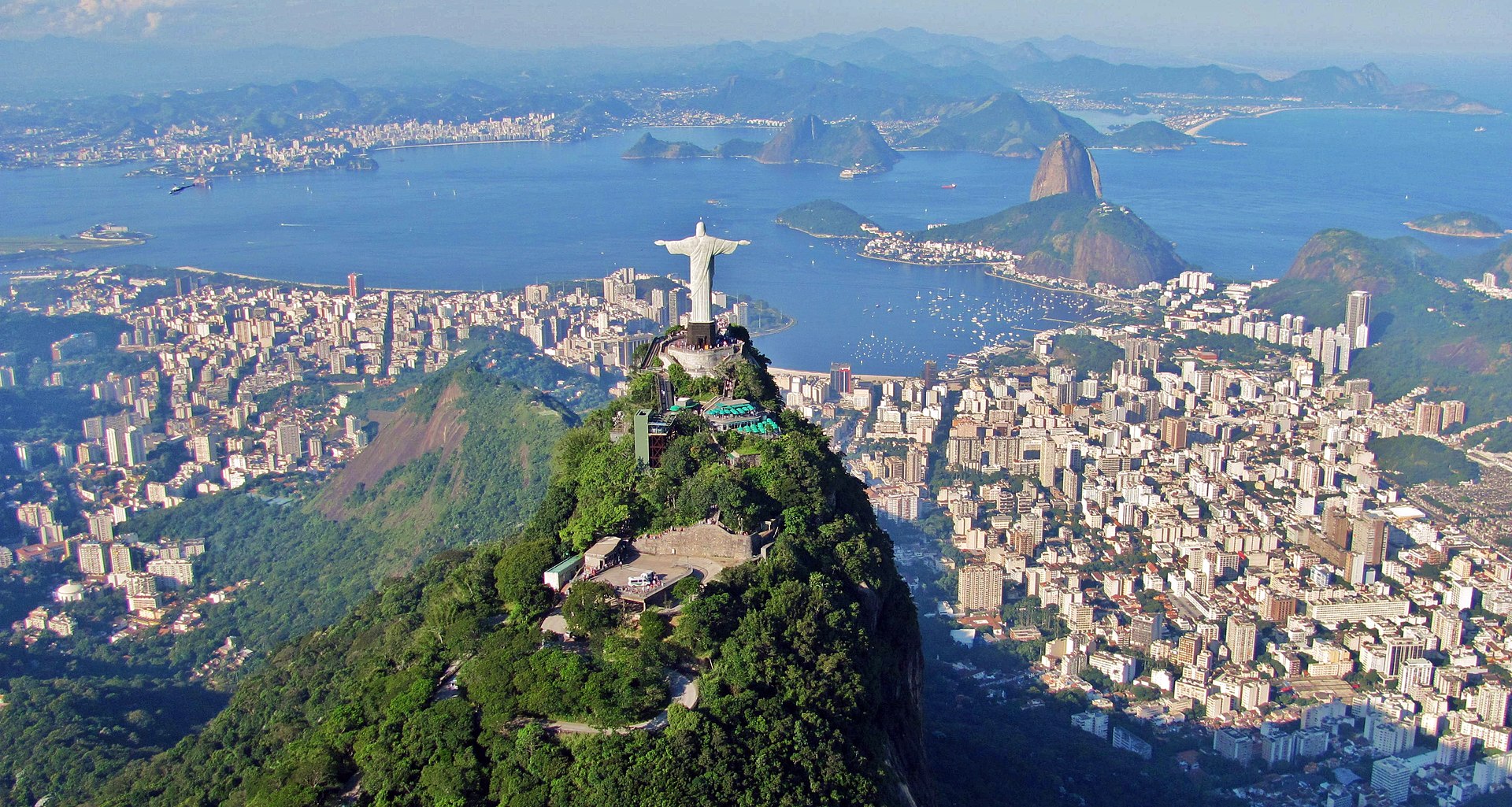
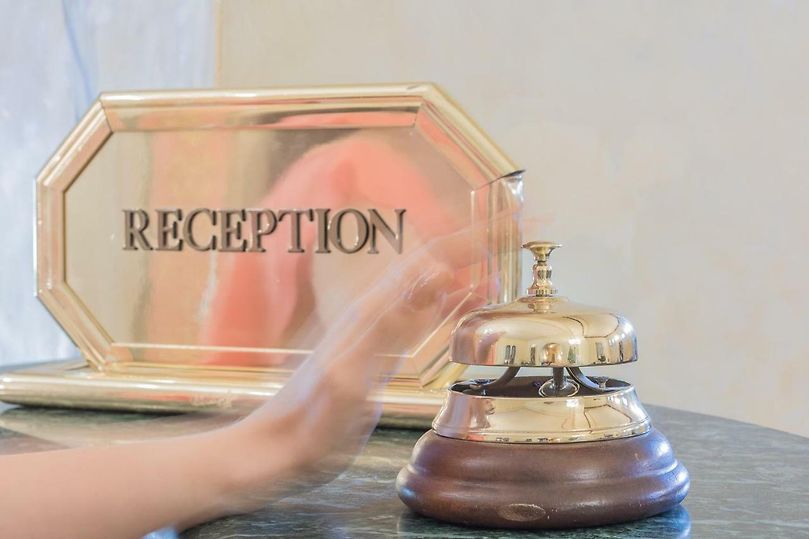
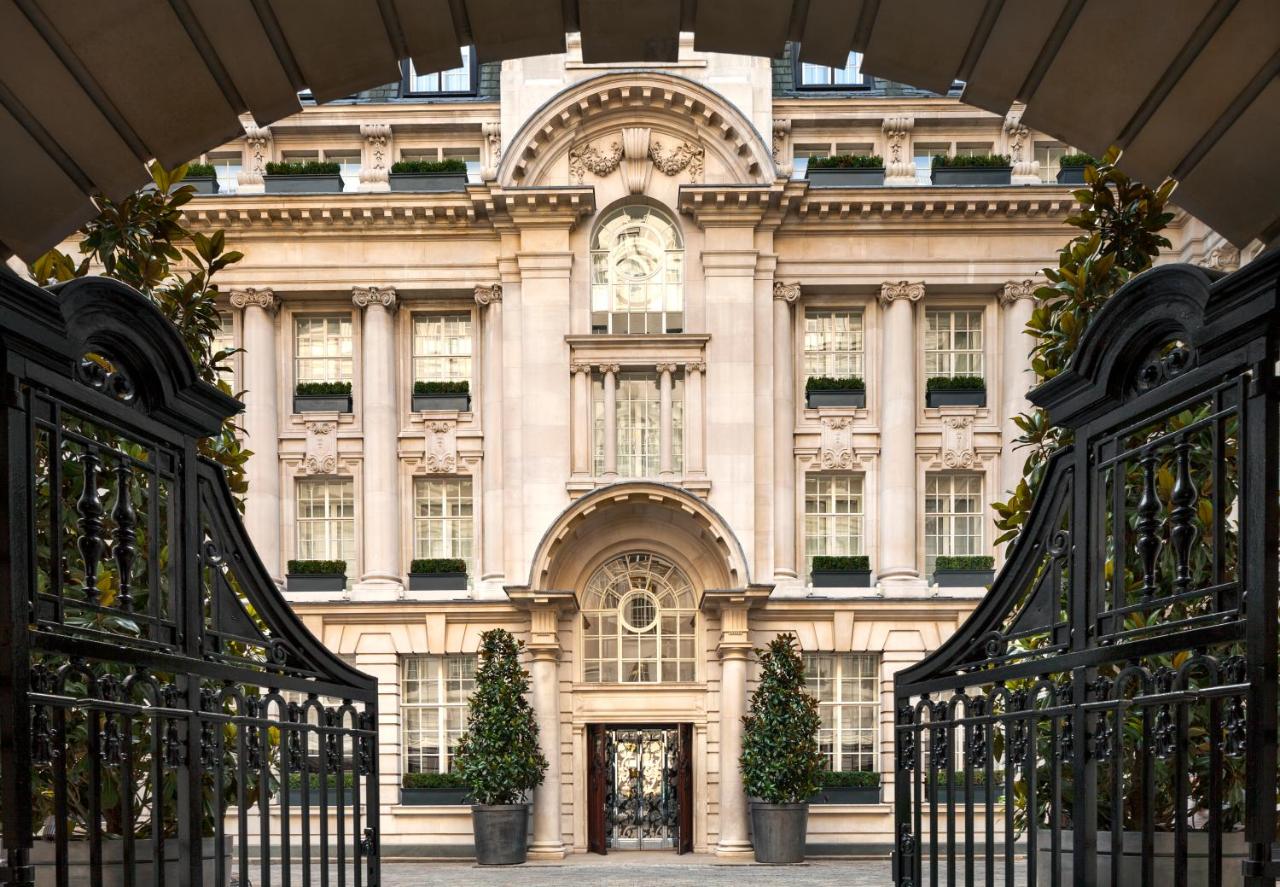
Mossel Bay, Western Cape, South Africa
Agent: Cliff Jacobs - Managing Principal Estate Agent & CEO (Nat.Dpl.Hotel Man (UJ). M.P.R.E.)
Agent Cellphone: +27 (0) 84 413 1071 / +27 (0) 61 716 6951
Agent Office Number: +27 (0) 84 413 1071
Agent Email Address: cliff@exquisitehotelconsultants.com
Type: Backpackers Lodge
Bedrooms: 20
Bathrooms: 17
Showers: 17
Parking: 0
Yield: Not Disclosed
Mossel Bay
Mossel Bay (Afrikaans: Mosselbaai) is a harbour town of about 99,319 people on the Southern Cape (or Garden Route) of South Africa. It is in an important tourism and farming region of the Western Cape Province. Mossel Bay lies 400 kilometres east of the country's seat of parliament, Cape Town (which is also the capital city of the Western Cape Province), and 400 km west of Port Elizabeth, the largest city in the Eastern Cape Province. The older parts of the city occupy the north-facing side of the Cape St Blaize Peninsula, whilst the newer suburbs straddle the Peninsula and have spread eastwards along the sandy shore of the Bay.
The city's economy relied heavily on farming, fishing and its commercial harbour (the smallest in the Transnet Port Authority's stable of South African commercial harbours), until the 1969 discovery of natural offshore gas fields led to the development of the gas-to-liquids refinery operated by PetroSA. Tourism is another driver of Mossel Bay's economy.
Etymology
The origin of the name Mossel Bay (the Bay of Mussels) has to do with the ascendancy of the Dutch shipping merchants in the late 16th and the early 17th Centuries. In one account, the explorer Cornelis de Houtman named the place Mosselbaai when he stopped there in 1595, whilst in another, the Dutch Admiral Paulus van Caerden named it when he came ashore on 8 July 1601. Whatever the case, though, the mussels and oysters on the shore would have been a welcome addition to the limited diet on which ship's crews were expected to survive in those days.
History
Although it is today best known as the place at which the first Europeans landed on South African soil (Bartolomeu Dias and his crew arrived on 3 February 1488), Mossel Bay's human history can - as local archaeological deposits have revealed - be traced back more than 164,000 years.
The modern history of Mossel Bay began on 3 February 1488, when the Portuguese explorer Bartolomeu Dias landed with his men at a point close to the site of the modern-day Dias Museum Complex. Here they found a spring from which to replenish their water supplies. Dias had been appointed to search for a trading route to India by King John II of Portugal, and, without realising it, actually rounded the Cape of Good Hope before landing at Mossel Bay - which he named Angra dos Vaqueiros (The Bay of Cowherds). Dias is also credited with having given the Cape the name Cabo das Tormentas (the ‘Cape of Storms’), although King John II later changed this to Cabo da Boa Esperança (the Cape of Good Hope).
Dias’ excursion ashore ended hastily when the local people chased him off in a hail of stones.
By the time the Portuguese explorer Vasco da Gama reached the area in 1497, the Bay had been marked on the maps as Aguada de São Brás, (the Watering Place of St Blaize - whose feast is celebrated on 3 February).
Da Gama bartered successfully for cattle with the local Khoi people in what is generally regarded as the first commercial transaction between Europeans and the indigenous people of South Africa.
Post Office Tree
In 1501, another Portuguese navigator, Pedro d'Ataide, sought shelter in Mossel Bay after losing much of his fleet in a storm. He left an account of the disaster hidden in an old shoe which he suspended from a milkwood tree (Sideroxylon inerme) near the spring from which Dias had drawn his water. The report was found by the explorer to whom it was addressed — João da Nova — and the tree served as a sort of post office for decades thereafter. (More recently, a boot-shaped post box has been erected under the now famous Post Office Tree, and letters posted there are franked with a commemorative stamp. This has ensured that the tree has remained one of the town's biggest tourist attractions.)
João da Nova erected a small shrine near the Post Office Tree, and although no traces of it remain, it is considered the first place of Christian worship in South Africa.
Settlement
Although the Dutch governor of the Cape Colony, Jan de la Fontaine, visited Mossel Bay and erected a possession stone here in 1734, the first permanent European building — a fortress-like granary — was built only in 1787. In July of the following year, the first shipment of wheat grown in the area was shipped from the Bay.
Although a British force had invaded the Cape in 1806, and Britain had taken permanent possession of the Colony in 1814, the Mossel Bay area retained its Dutch-given name until its declaration as a magistracy in 1848, when it was renamed Aliwal South, after the Battle of Aliwal in India, where the then governor of the British-held Cape Colony, Harry Smith, had won victory over the Sikhs on 8 January 1846. The name Aliwal South never stuck, however — even when the town was officially proclaimed in 1848, and when it became a Municipality in 1852.
From the earliest days of the Dutch settlers, Mossel Bay acted as the major port serving the Southern Cape region and its hinterland, the arid Klein (or Little) Karoo, and during the ostrich feather boom of the late 19th and early 20th centuries, more than 800,000 kg of feathers were exported through the port every year — which may have been the impetus that led to the construction of the first breakwater in 1912.
Fishing and farming remained the main activities of the area during the early years of the 20th Century, and the growth of the port reflected this. The discovery of natural gas fields offshore in 1969, of the FA gas field in the Bredasdorp Basin (also off the Southern Cape coast) in 1980, and of the nearby EM field in 1983, led to the development of the Mossgas gas-to-liquids refinery (commissioned in 1987 and renamed the PetroSA Refinery in 2002).
This changed the nature of the port so that its major business now comes from serving supply ships for PetroSA's offshore platforms, and from export via its offshore single point (or single buoy) mooring, which is located in about 21 metres of water in an unsheltered roadstead at Voorbaai, in the lee of the St Blaize Peninsula.
The development of the refinery led to a marked increase in property development in Mossel Bay, with the number of houses growing rapidly to accommodate the work force during the construction period.
Many of the people who came to work on the project remained in the town after commissioning, and it would appear from the changing economy of the town that they found work in tourism, light industry or commerce.
Whilst the Port and the Refinery have, of course, had a major influence on the development of Mossel Bay, they have always worked in tandem with the growth of tourism and general commerce so that the town now boasts a balanced and vibrant economy. Tourism, in particular, has influenced much of the growth since 1994, although the town has been a popular resort destination for South Africans since as early as the late 1800s.
The Afrikaans Language and Cultural Society (Afrikaans: Taal en Kultuurvereniging), also known as the ATKV, bought the farm Hartenbos, east of what was then the town of Mossel Bay, in 1936, and developed it as a holiday resort (now known as the ATKV Hartenbos Resort, and considered the biggest self-catering resort in the Western Cape Province). This was a significant step in the development of the town's tourism economy as it positioned Mossel Bay as a beach holiday destination - and beach tourism remains a major focus for incoming tourism in the 21st Century.
South Africa installed its first democratically elected government in 1994, which brought about sweeping changes in the structure of local government throughout the country - one of the results of which was that Mossel Bay merged with the smaller, neighbouring villages of Friemersheim, Great Brak River and Herbertsdale to form the present-day Municipality of Mossel Bay in December 2000.
Geography
Climate
Mossel Bay has an ocean-moderated semi-arid climate (Köppen climate classification: BSh).
Mossel Bay's climate is mild throughout the year as the town is situated in the area where the winter rainfall and all-year rainfall regions of the Western Cape Province meet. Its weather is influenced by the Agulhas Current of the Indian Ocean to the south, and by the presence of the Outeniqua Mountains to the north. Mossel Bay receives 80% of its rainfall at night.
Frost is rare or almost absent and snow has never been recorded on the coastal platform. Snow does, however, occasionally fall on the mountain peaks and can be seen from the town on rare occasions. Prevailing winds are westerly in winter (May - August) and easterly in summer (September - April), and rarely reach storm- or gale-force strength. The average days of sunshine are 320 days per year.
Owner's Comments
About Us
Historical Splendour
The manor is an impressive sandstone building with classic architectural features of the mid-1800s. Through careful preservation and expert restoration, the masterful craftsmanship of centuries ago is still evident in the delicate finishes and sturdy carpentry. The grace and elegance of a bygone era give the house a warm character with an irrepressible romantic touch.
Creating Memories
A fully equipped farm style kitchen is available for those who want to prepare their own culinary favorites. Help yourself to a nightcap at the bar and cozy up in front of the fireplace. For a jovial get-together, book for a traditional “braai”-dinner. In the golden glow of the bonfire, short stories grow in stature, tales get tails and fleeting friendships become a lifetime memory. A delectable health-breakfast, served in the fresh open air, adds extra zest to a new day.
Get Lost
The exuberance of the garden is an irresistible invitation to explore the intriguing maze of nooks and crannies amid the glossy leaves and fragrant flower petals. A few twists and turns lead to the cool ponds of exotic Japanese Koi fish. Along the way you might spot a Cameleon, catch the glint of a miniature sculpture nestled in a tiny alcove or hear the hum of an African drum. You can also just settle into a hammock and doze off under the guard of majestic 400-year-old wild fig and milkwood trees.
This blissful environment is further enhanced by its location in a private cul-de-sac. Overlooking a unique botanical park, the tranquillity belies the close vicinity of the lively town centre. Another world of shops, restaurants and glorious beaches is just a stroll away..!
Accommodation
The various options for accommodation include luxury double rooms – en-suite, family rooms, dormitories and camping.
Guest requirements for luxury, standard or budget accommodation are seen to in a range of rooms for each category. A private entrance and secluded garden patio make some rooms especially sought-after.
Every bedroom is uniquely furnished and decorated in individual styles varying from soft romanticism to 60’s glam, from art deco to contemporary cocooning.
Original artwork and intricate ornaments flash colourful surprises at the appreciative eye and adds to the overall visual feast of this splendid lodge.
Trip Twin with private bathroom
1 double bed, 1 single bed, luxury en-suite bathroom. Private patio and entrance.
Double with private bathroom
1 double bed, luxury en-suite bathroom. Garden view.
Triple or Double sharing bathroom
1 double bed, 1 single bed, sharing bathroom
4 Sleeper with private bathroom
1 double bed, 1 bunk bed, en-suite bathroom. Private patio and entrance.
4 Sleeper with sharing Bathroom
1 double bed, 1 bunk bed, sharing bathroom. Beautiful old Cape furniture.
Dormitory room 1
2 bunk beds in 4 sleeper dormitory with en-suite bathroom.
Dormitory room 8
3 bunk beds in 6 sleeper dormitory.
Dormitory room 11
5 bunk beds in 10 sleeper dormitory with balcony overlooking the lush garden
Camping
Campsites on the lawn in the lush garden.
Dormitory room 2
2 bunk beds in 4 sleeper dormitory with en-suite bathroom.
Services & Facilities
A unique venue in Mossel Bay
Looking to host a corporate function with a difference or any special occasion between lush greenery?
Our Lodge offers the ideal venue in Mossel Bay!
Our functions/events venue provides the ideal location for intimate private celebrations and events.
We host casual, semi-formal and formal functions/events such as bridal showers, baby showers, memorial services, year-end functions and corporate events. We also host birthday celebrations of all ages; children, teenagers, 21sts and don’t forget about 50th birthday parties.
The lush garden with koi ponds and big braai area create a vibrant yet relaxed outdoor atmosphere.









































































Cliff Jacobs (Nat Dpl Hotel Man (UJ). MPRE. GA Level 5 TEFL) Managing Principal / CEO Exquisite Hotel Consultants (Pty) Ltd Mobile: +27 (0) 84 413 1071 / +27 (0) 61 716 6951 Email: cliff@exquisitehotelconsultants.com Web: https://www.exquisitehotelconsultants.com © All rights reserved Terms and Conditions apply Scroll down to view our Hospitality Properties and Businesses for sale or lease or lease-to-buy or partnership arrangement or management agreement arrangement.